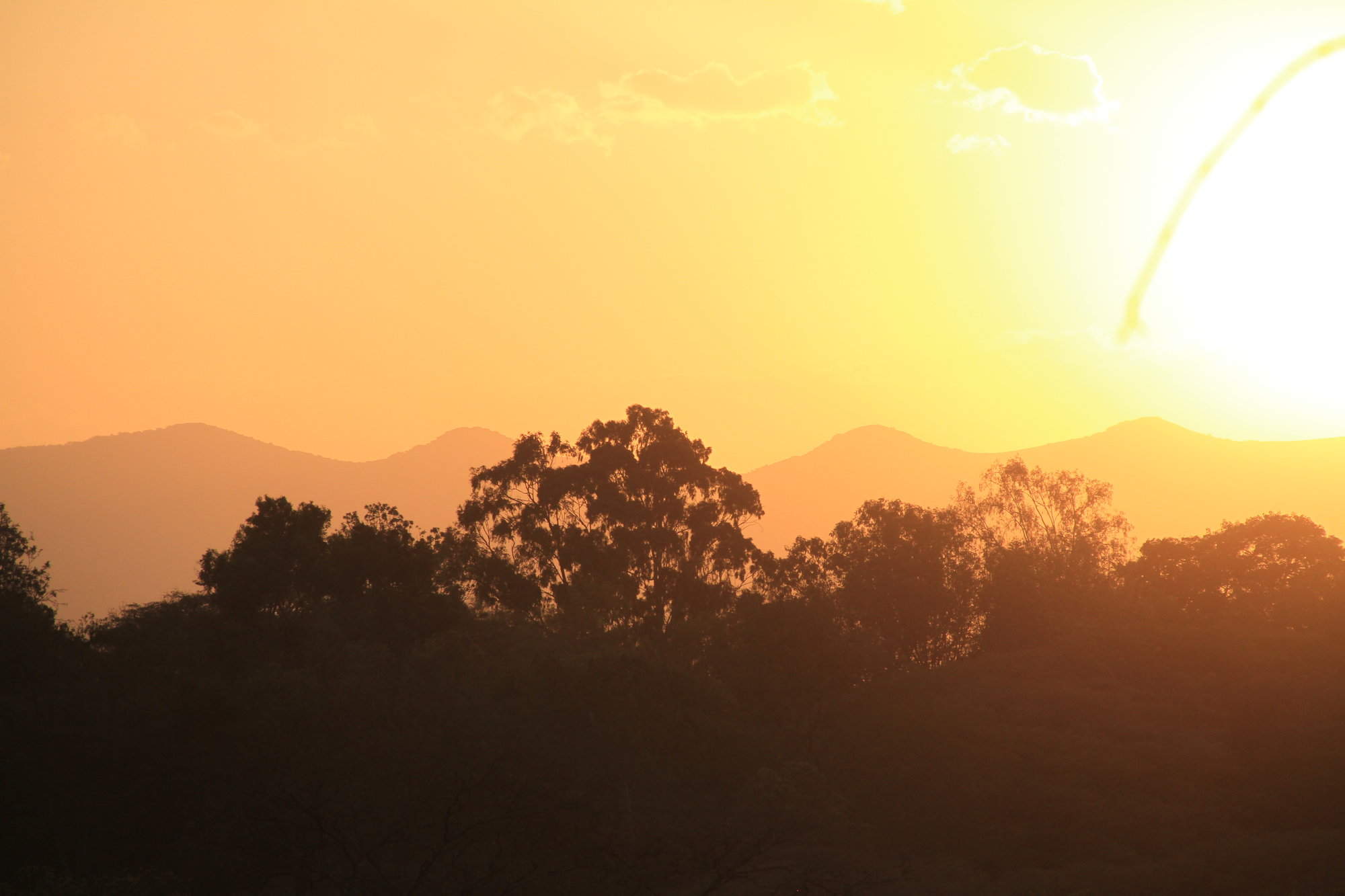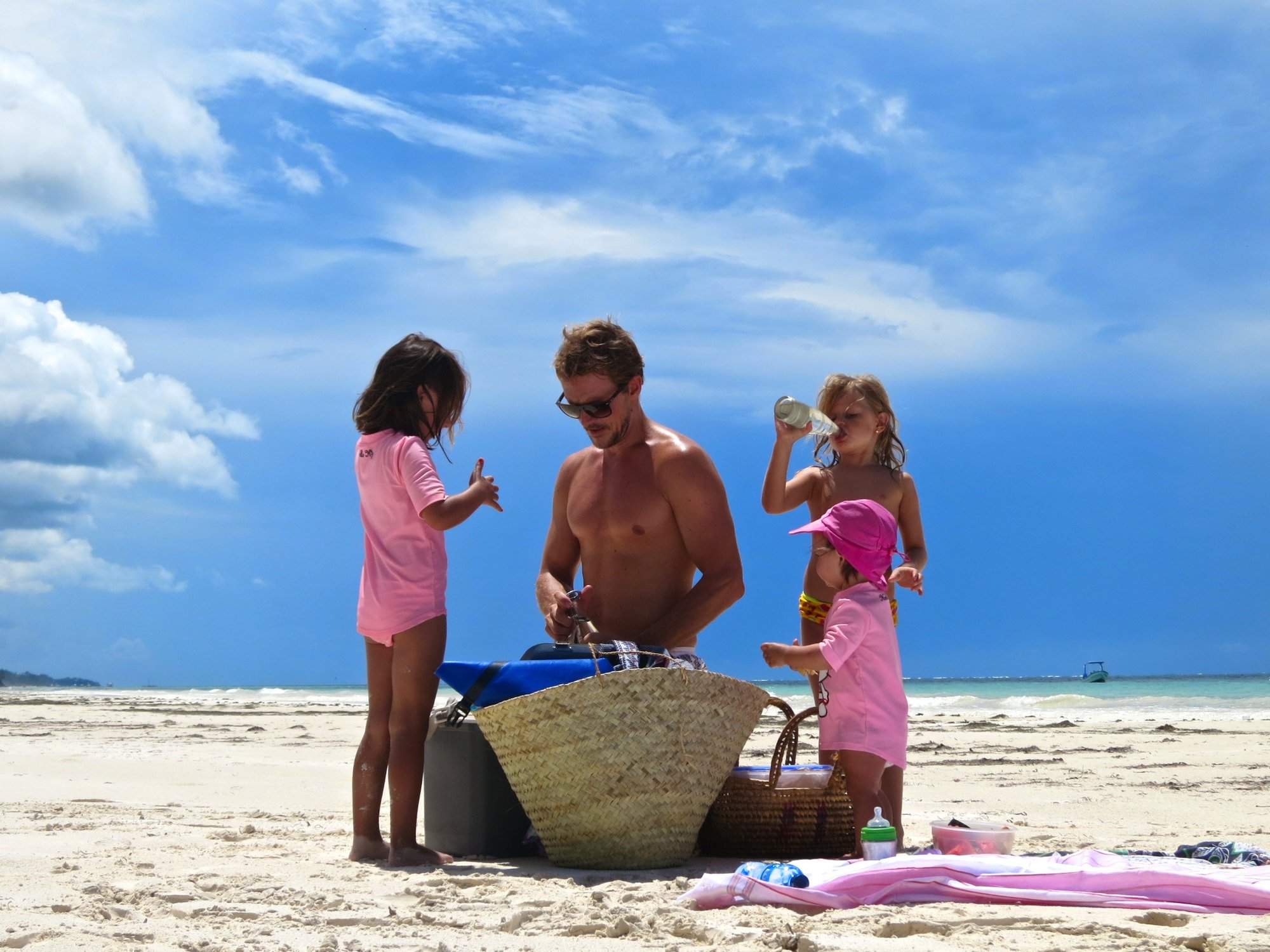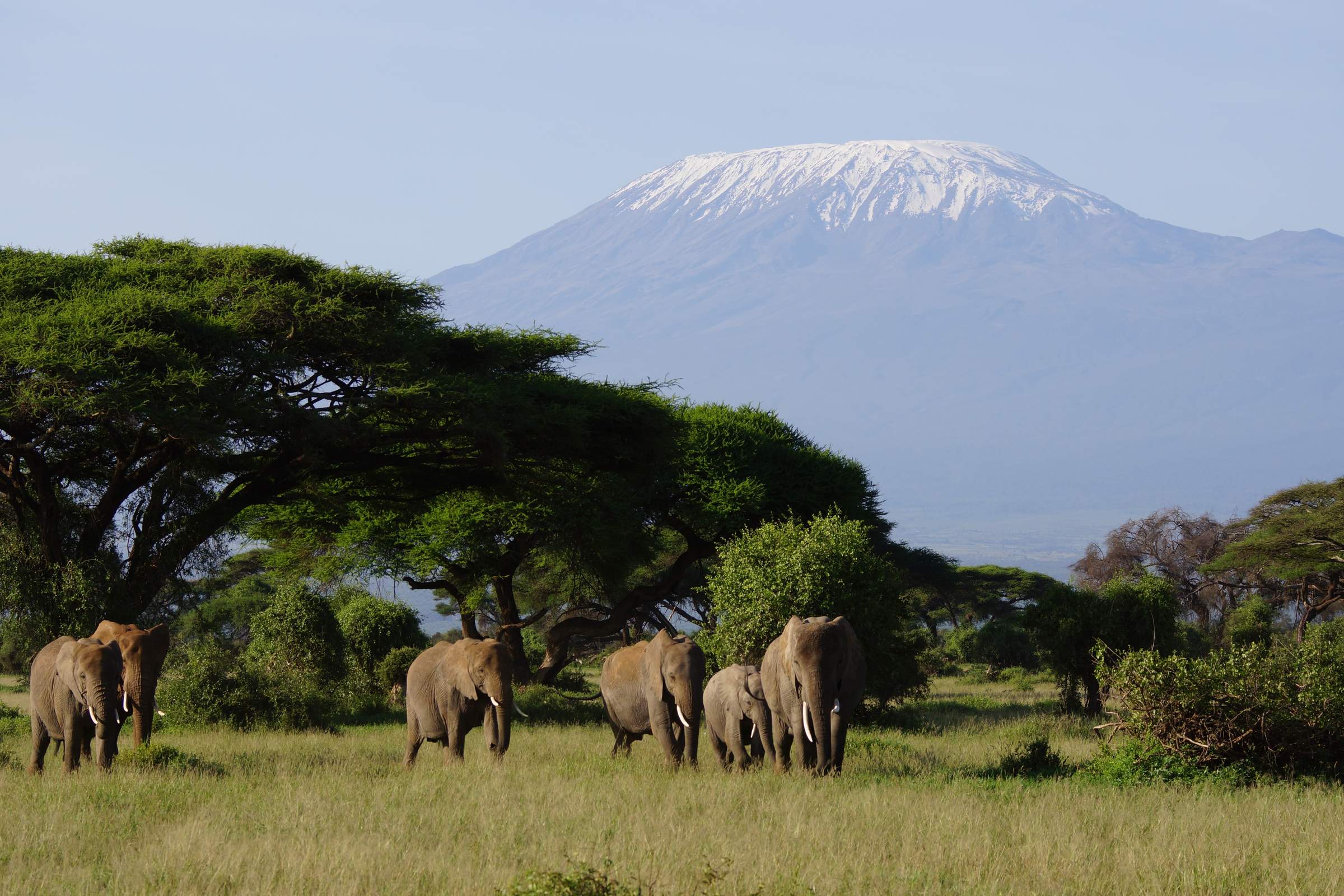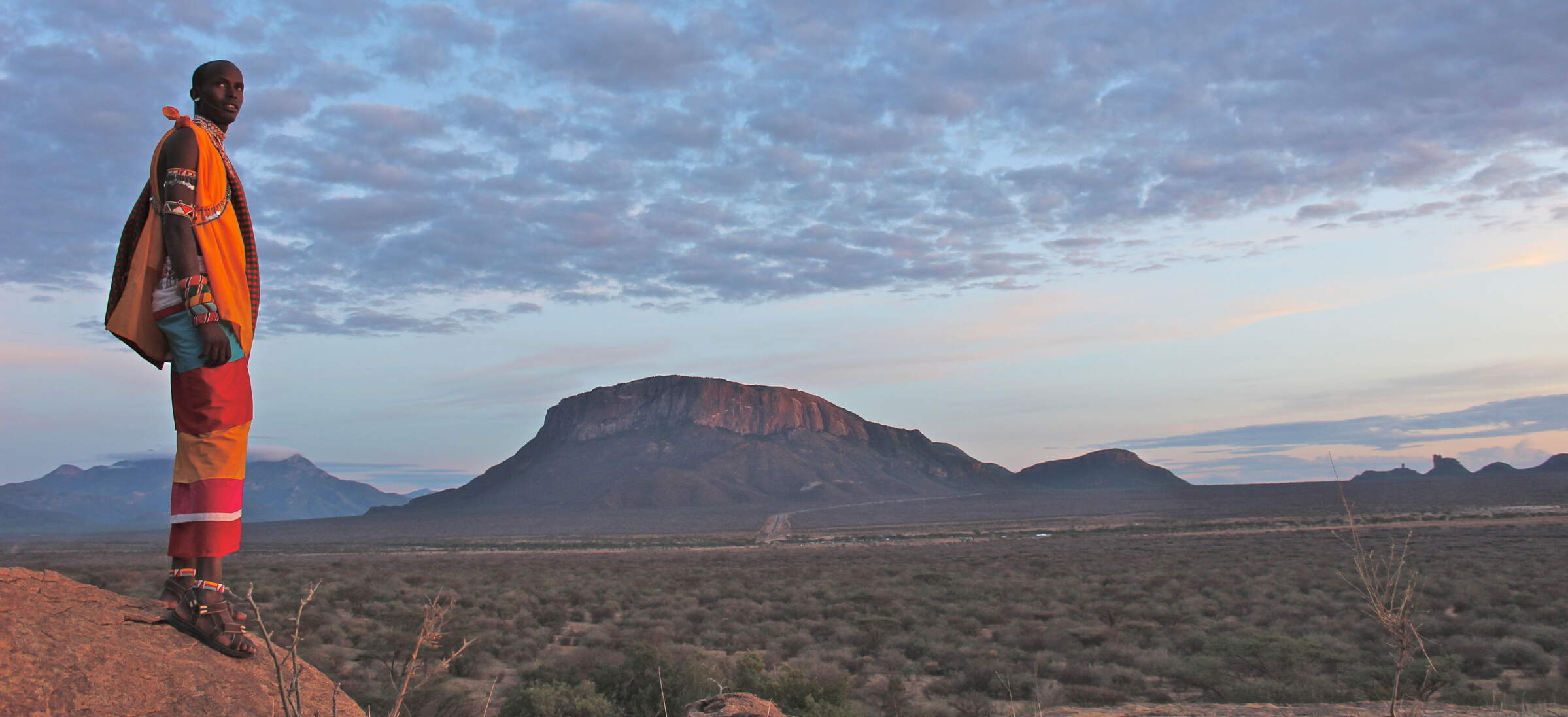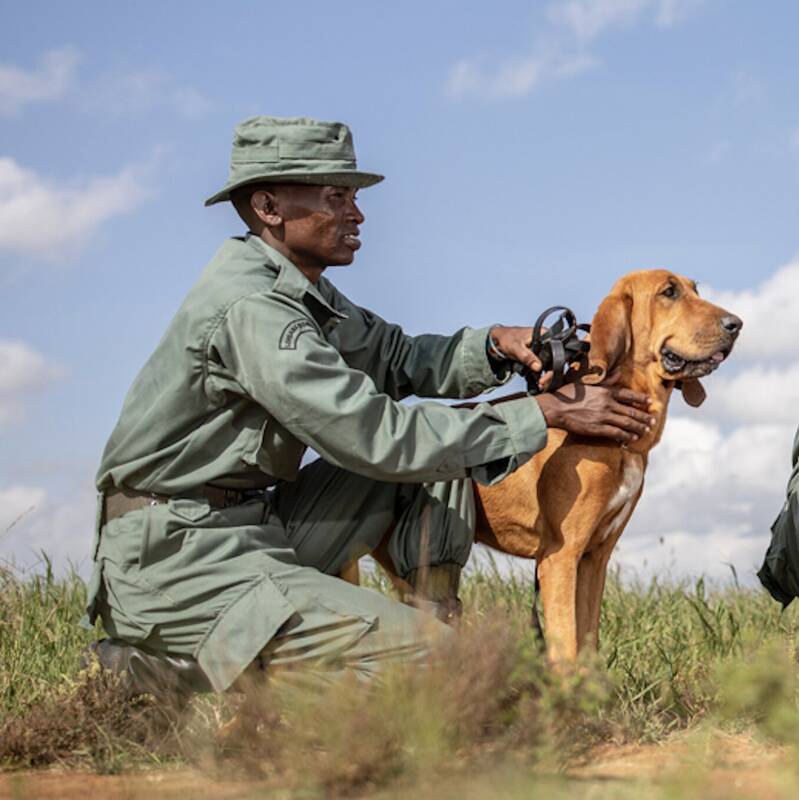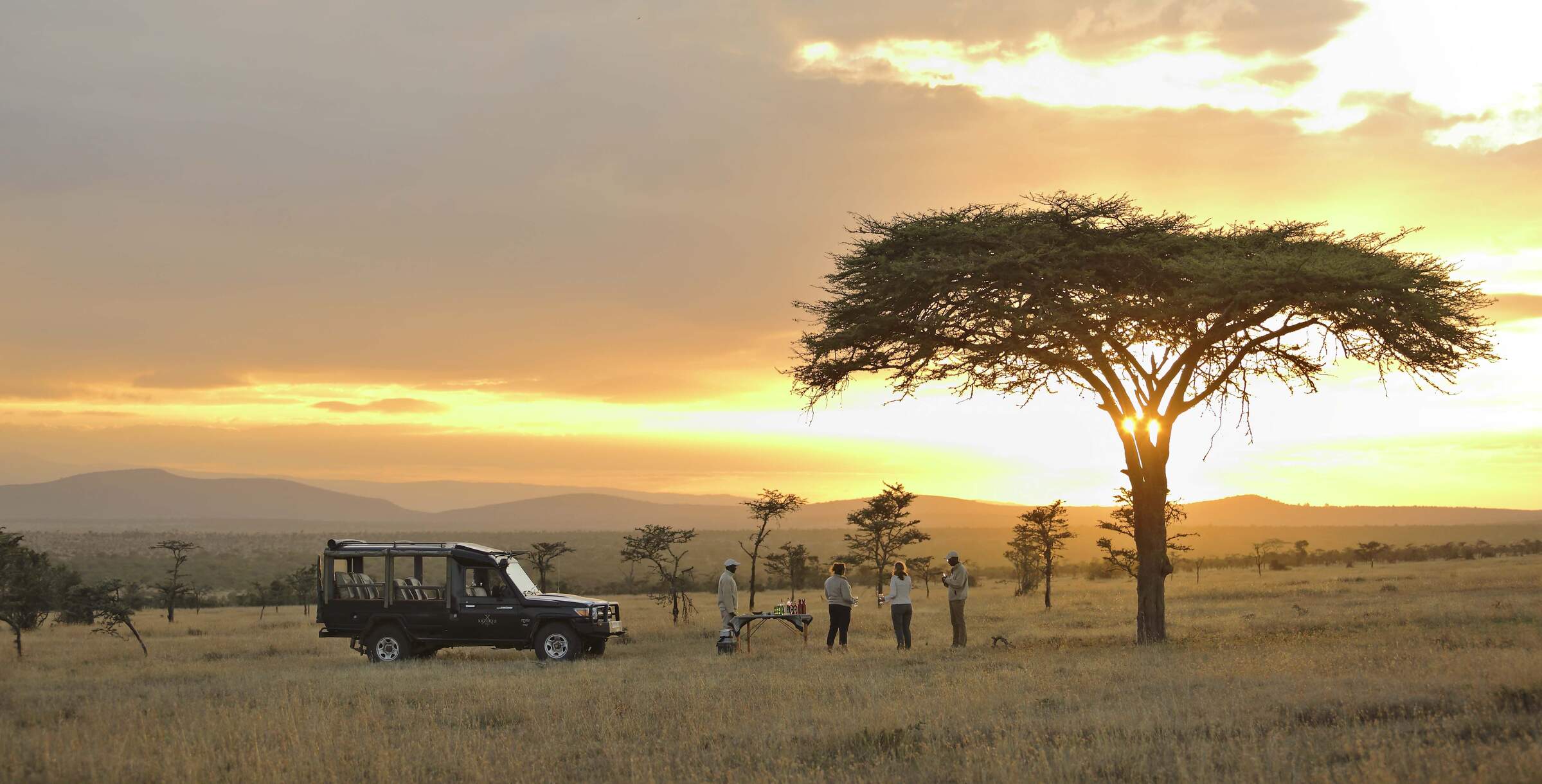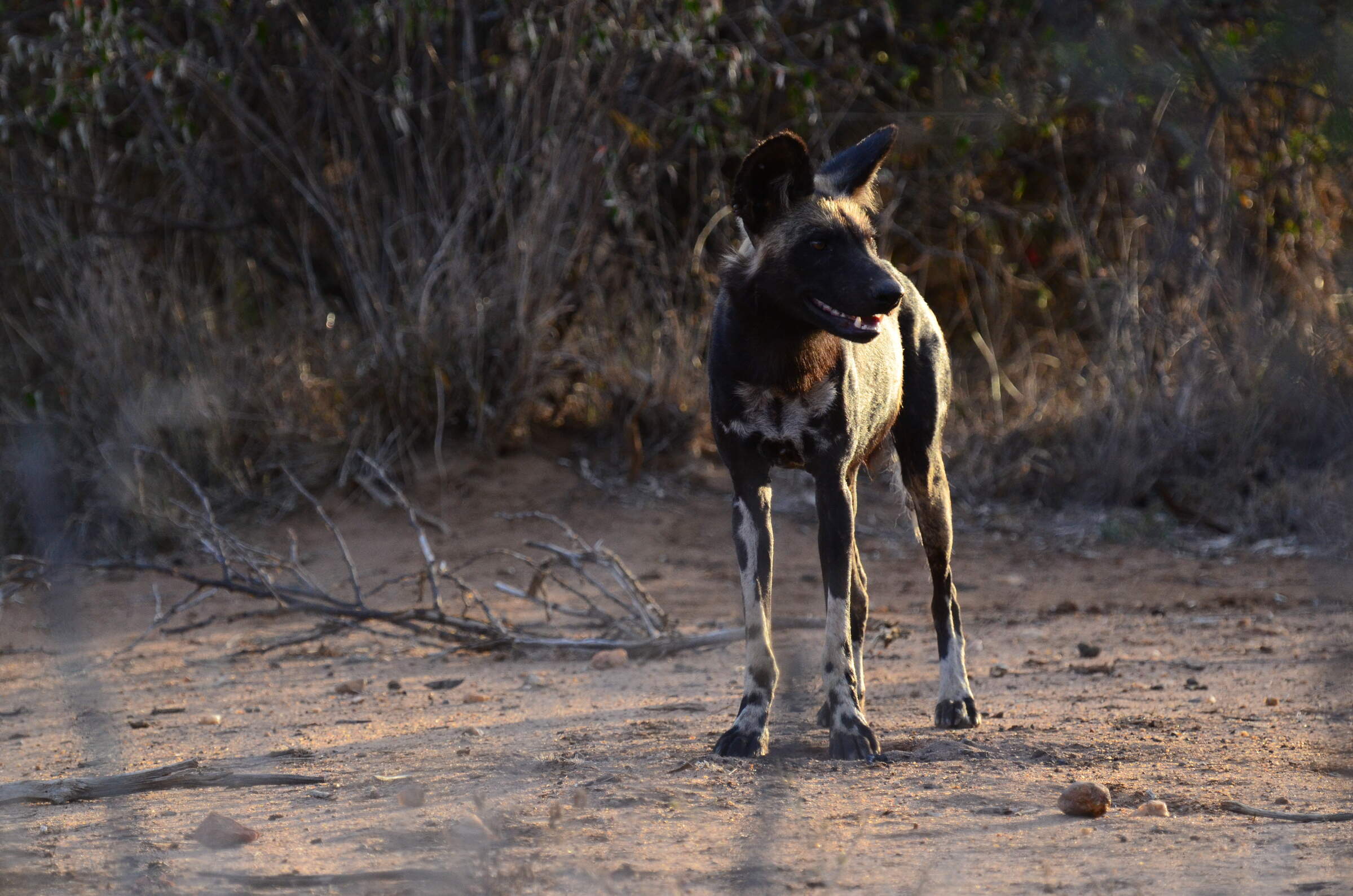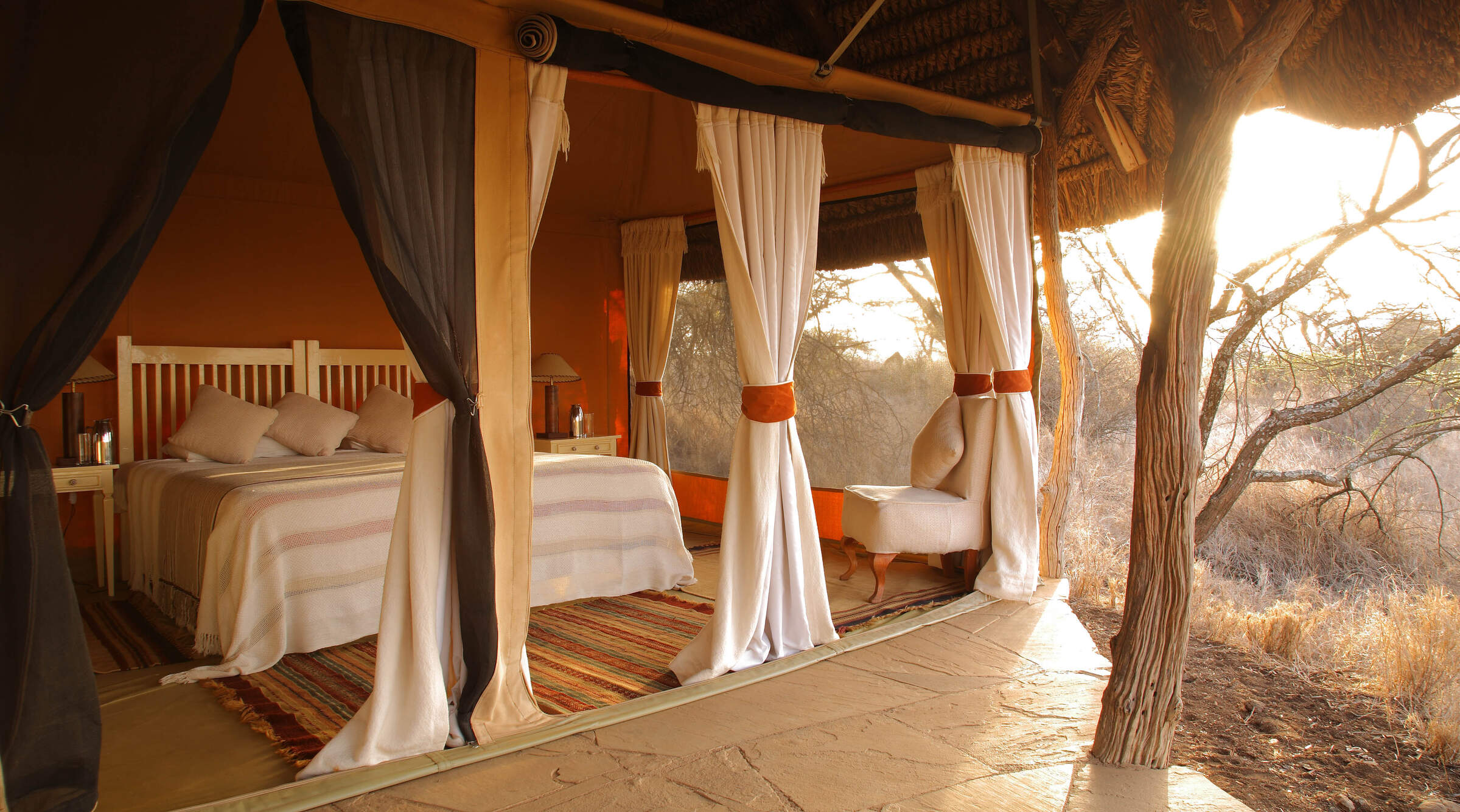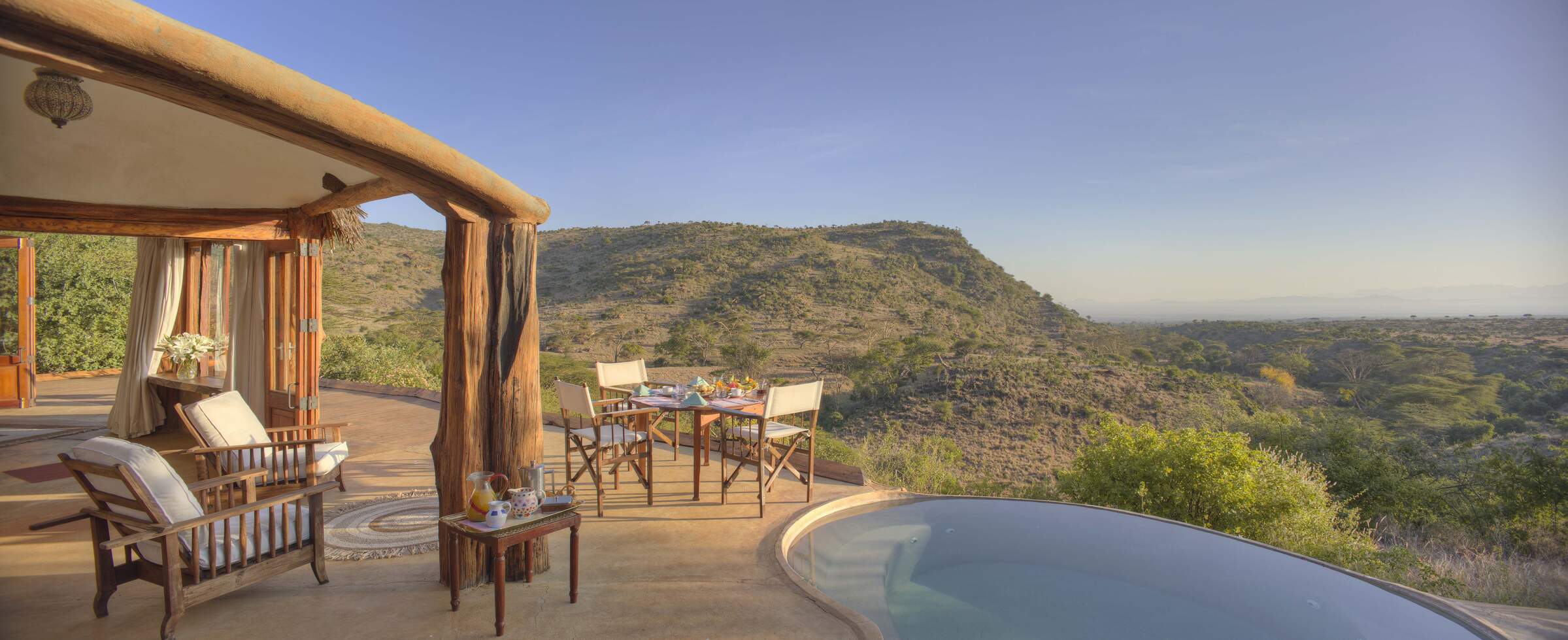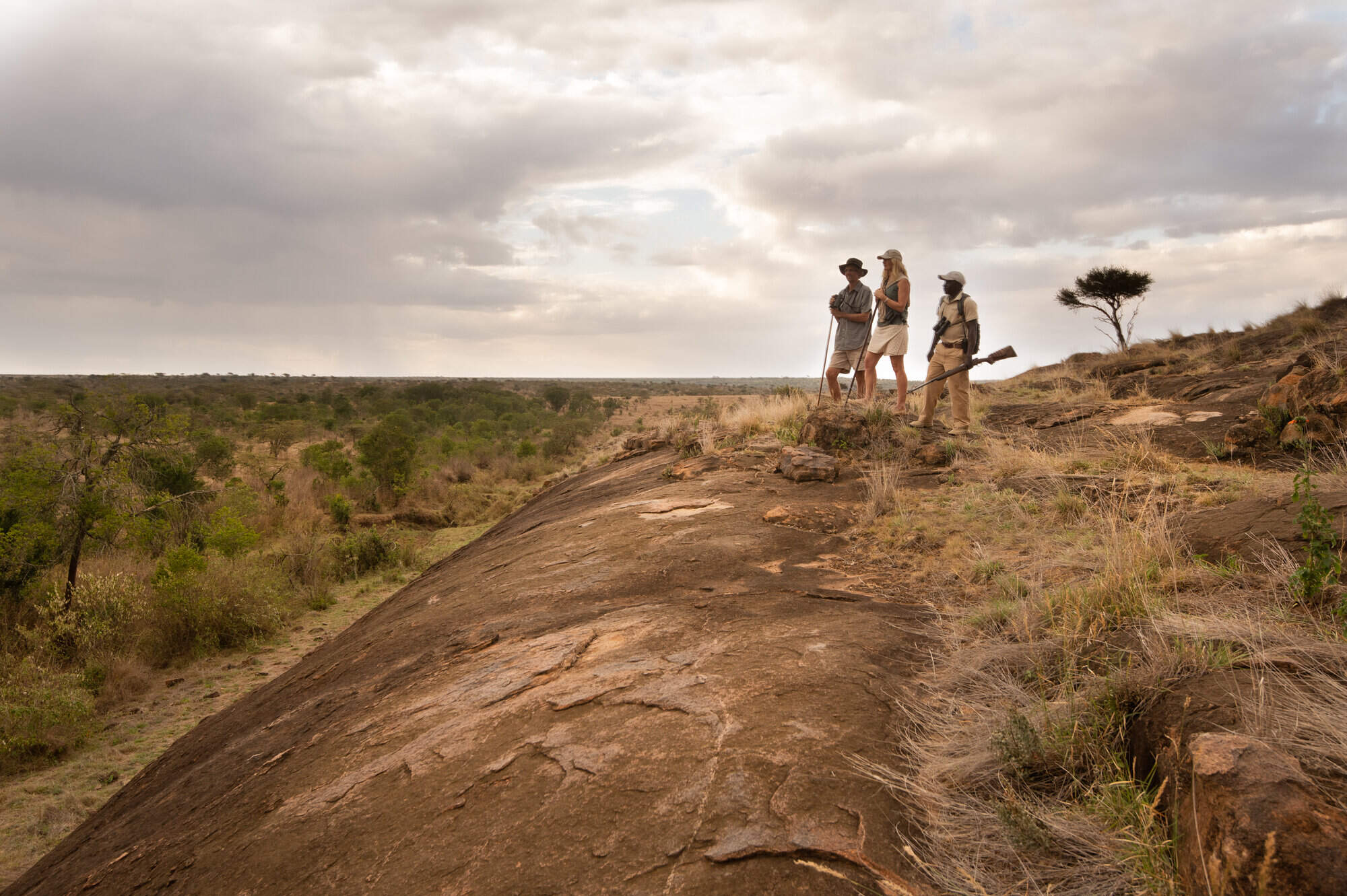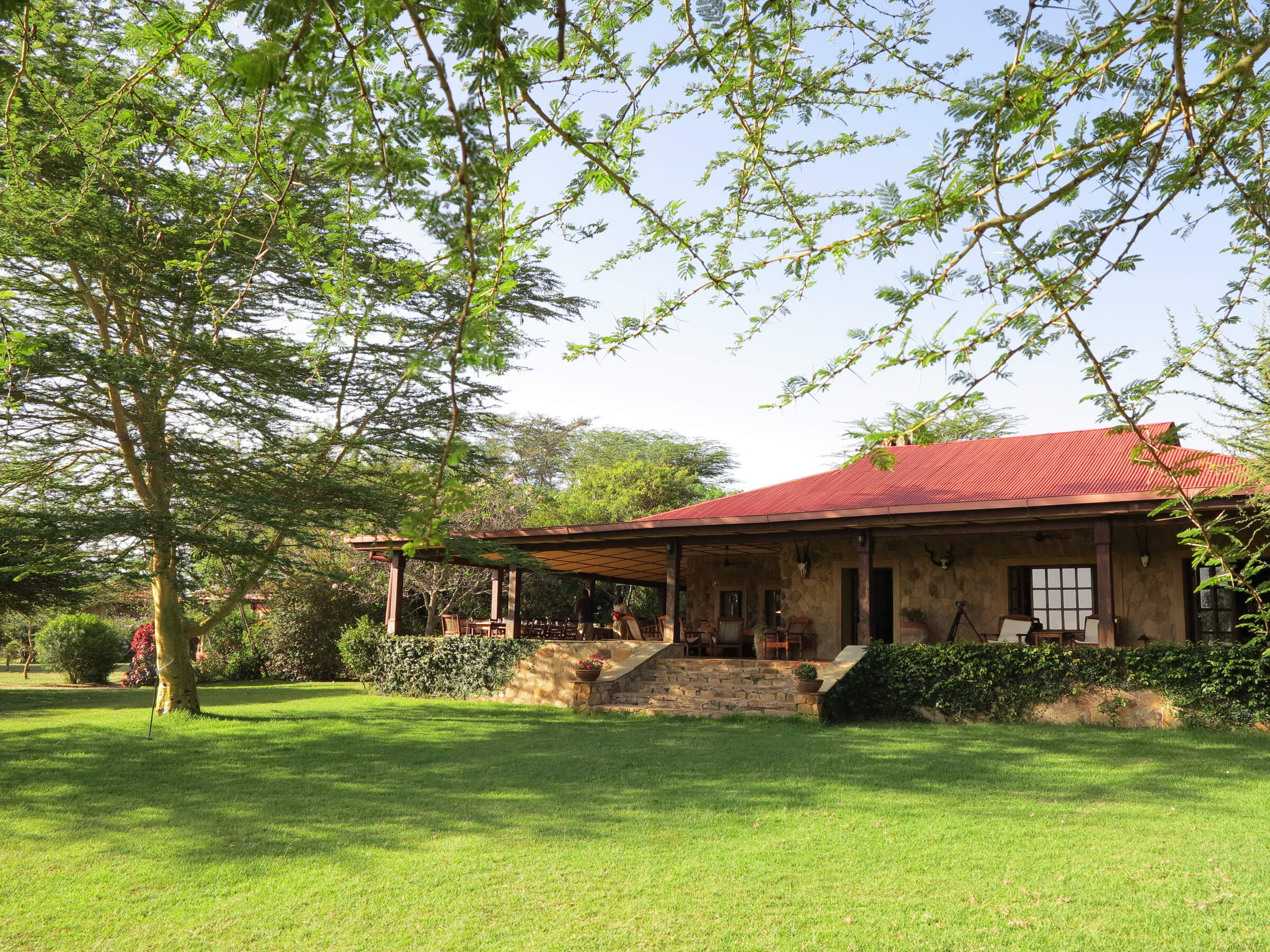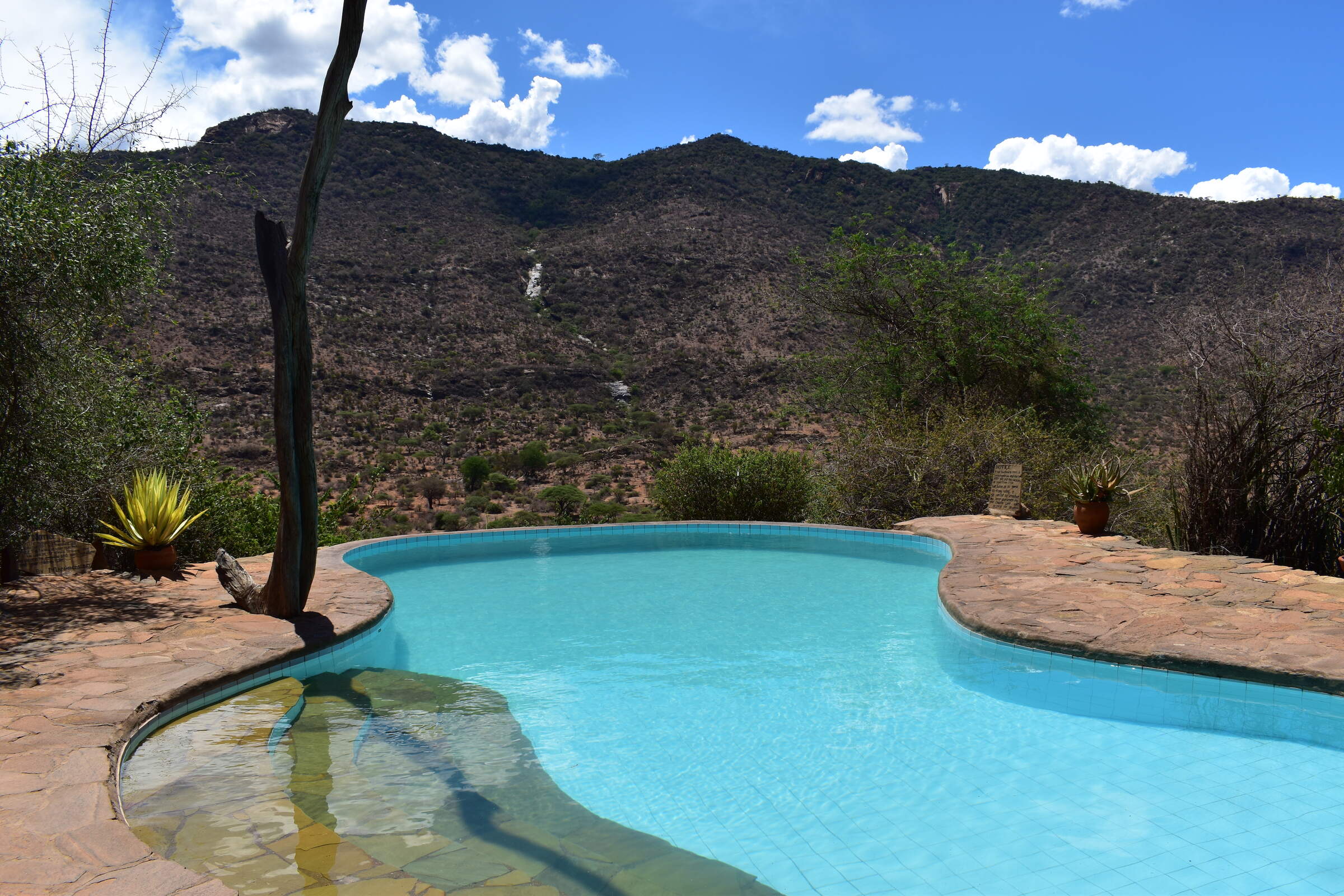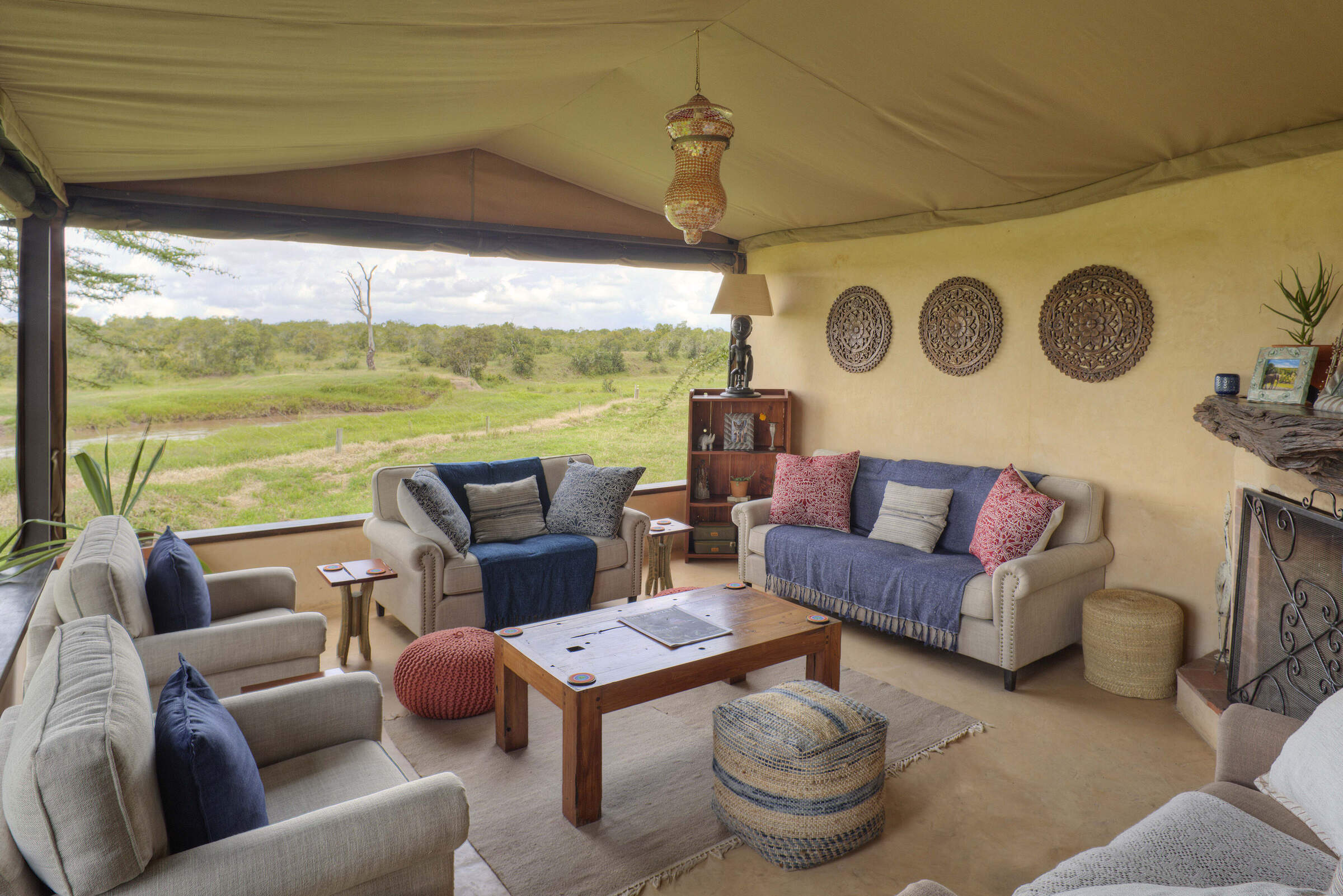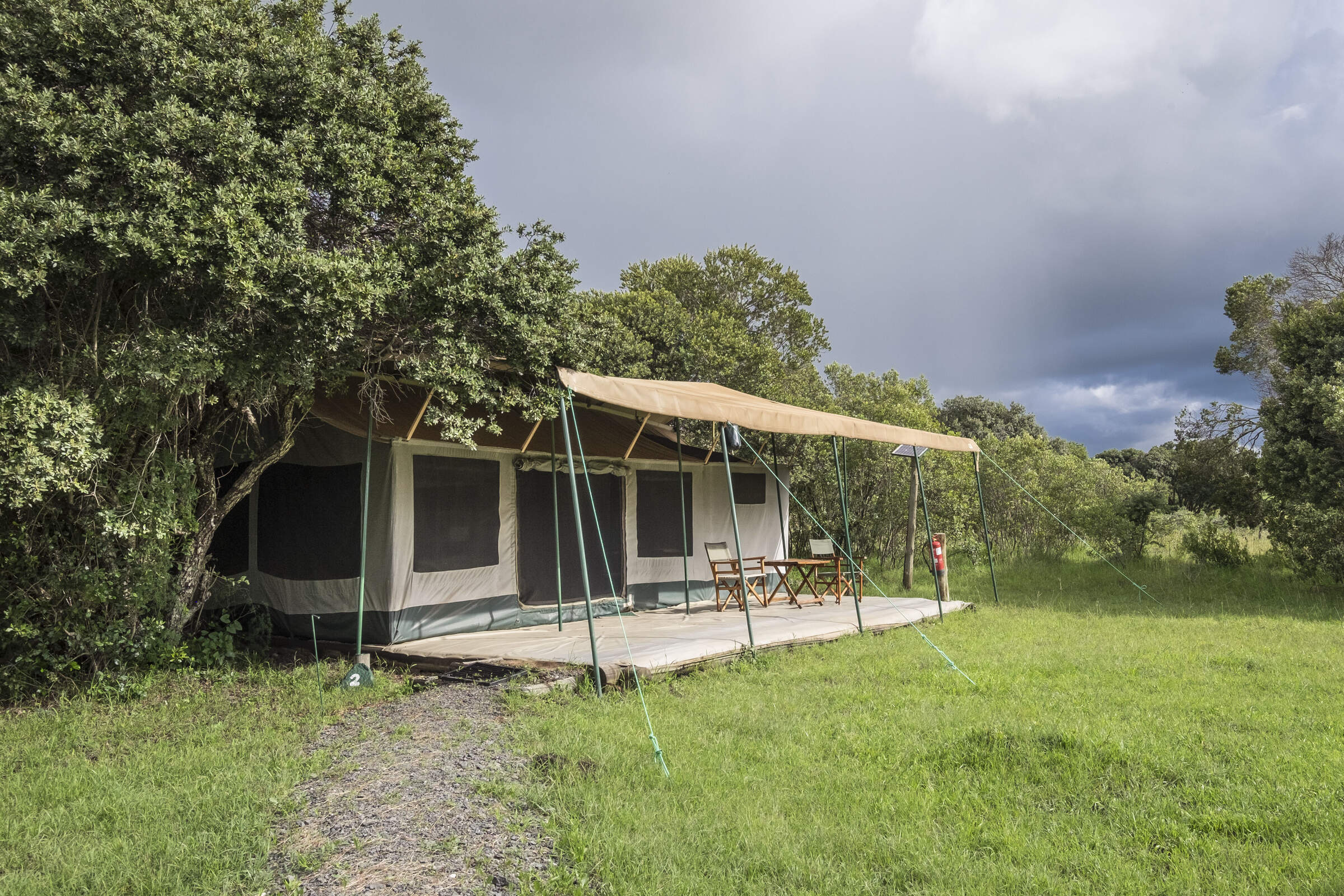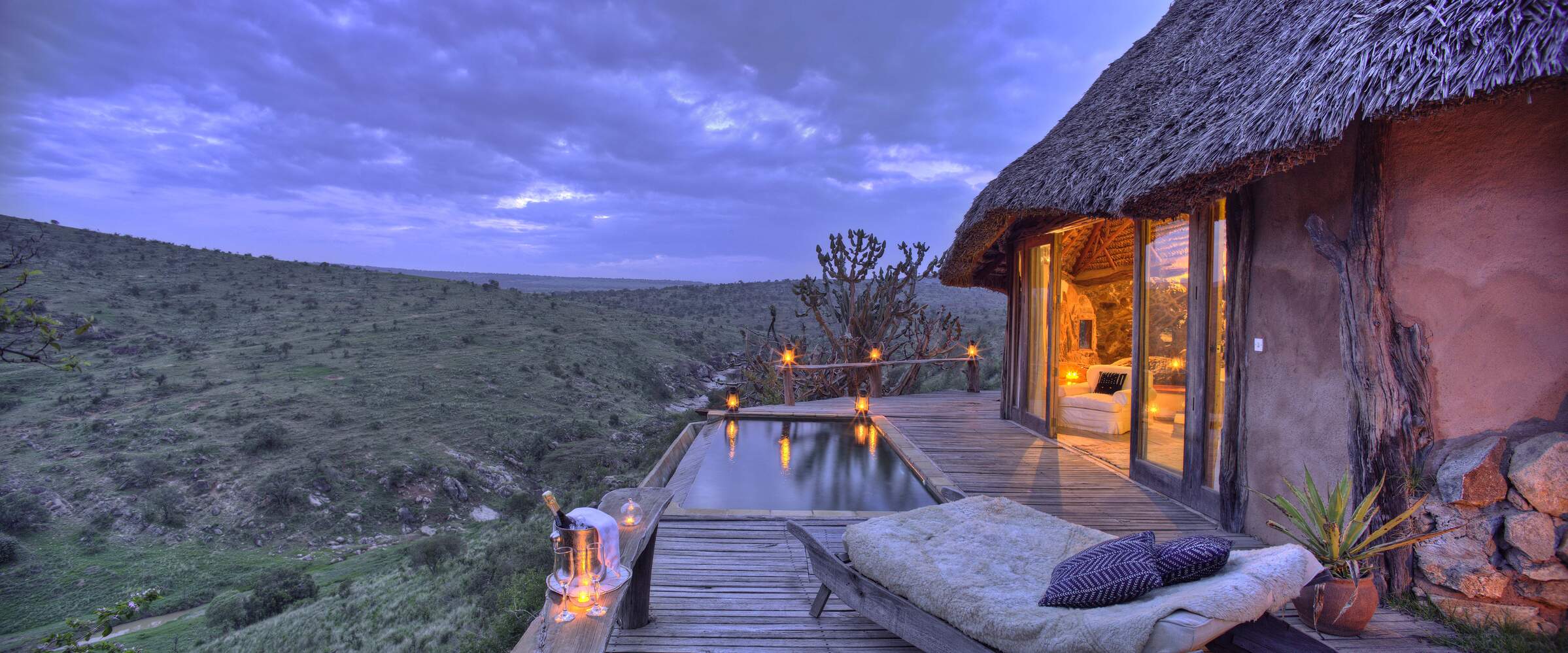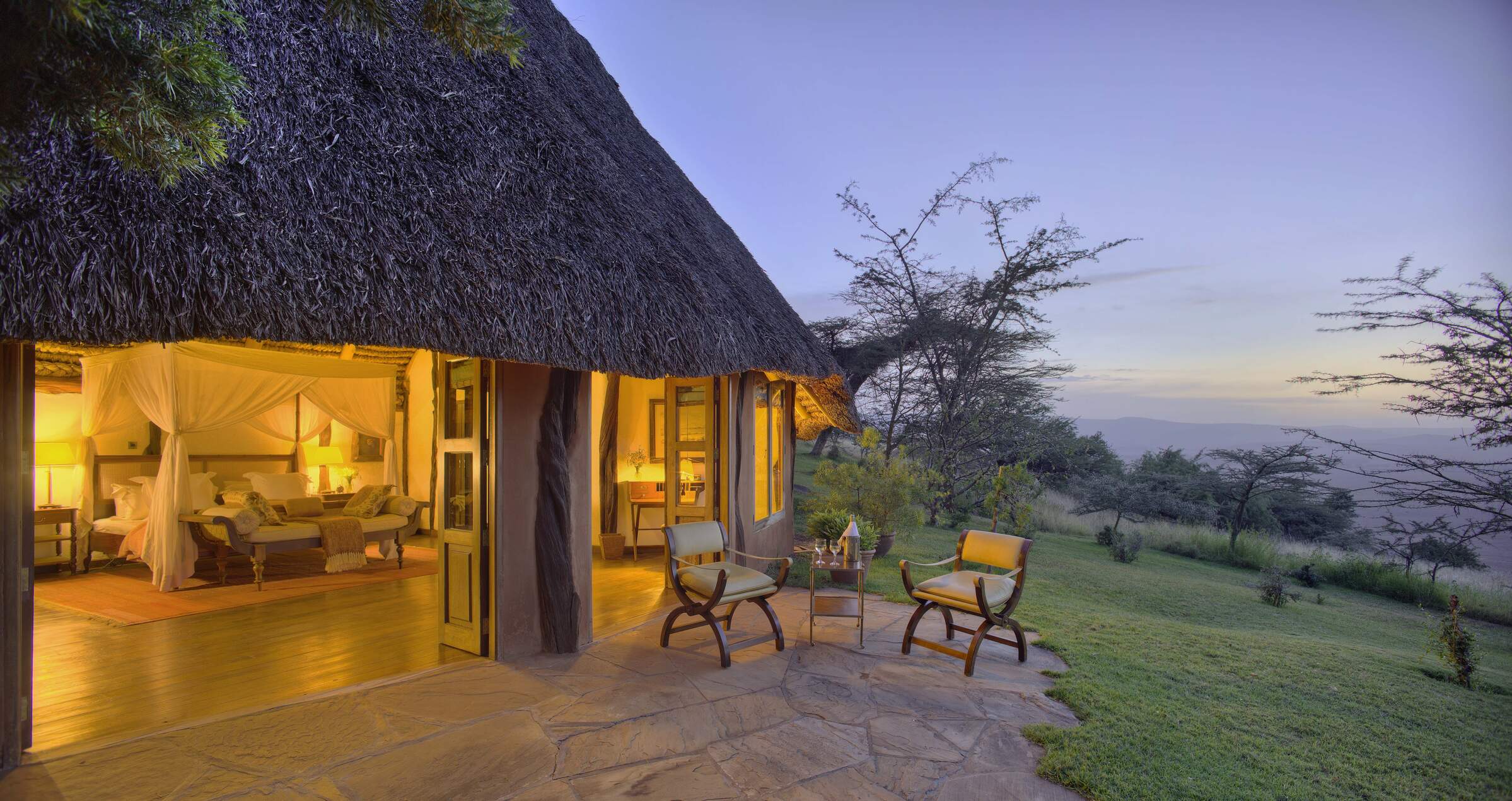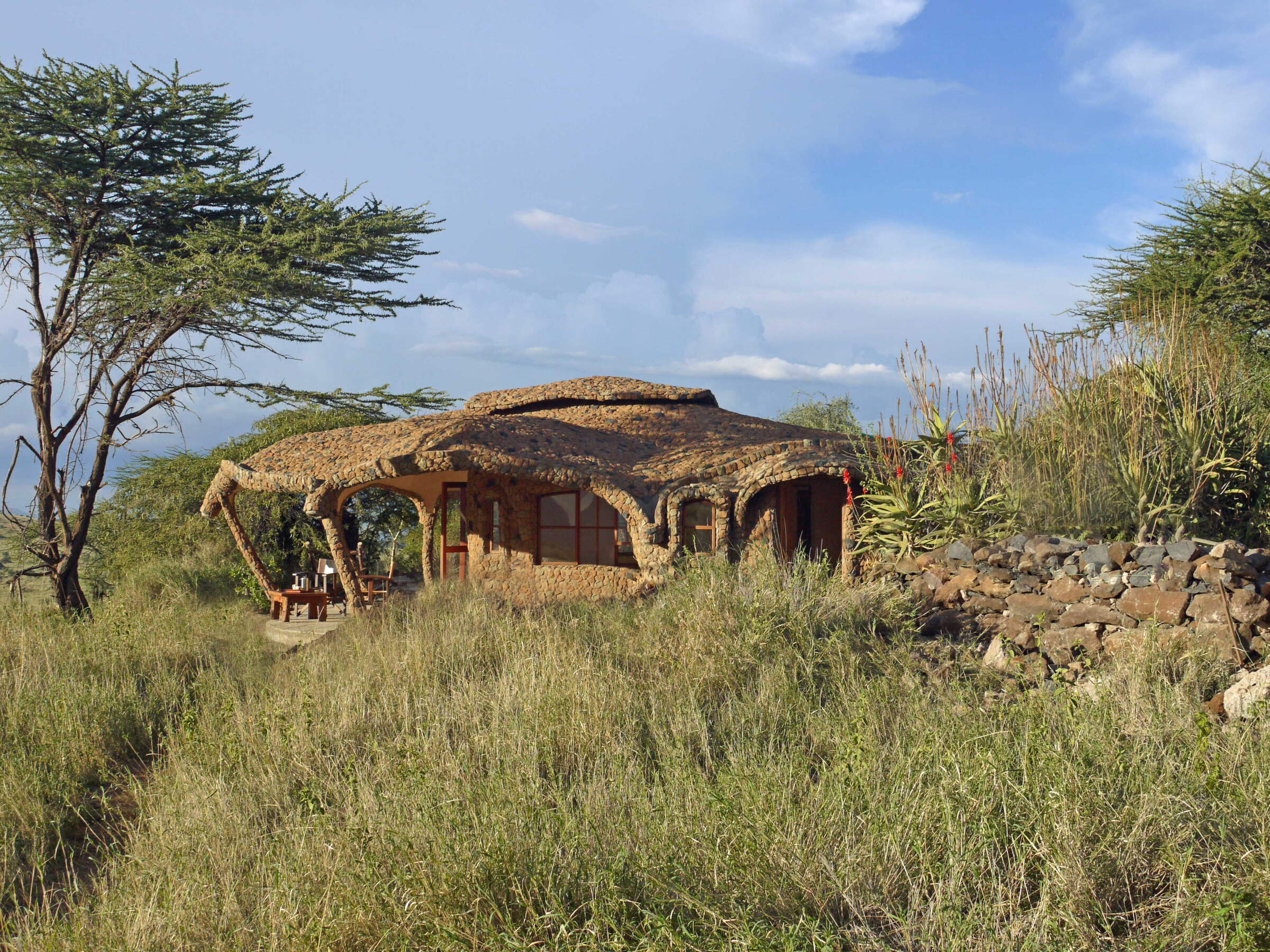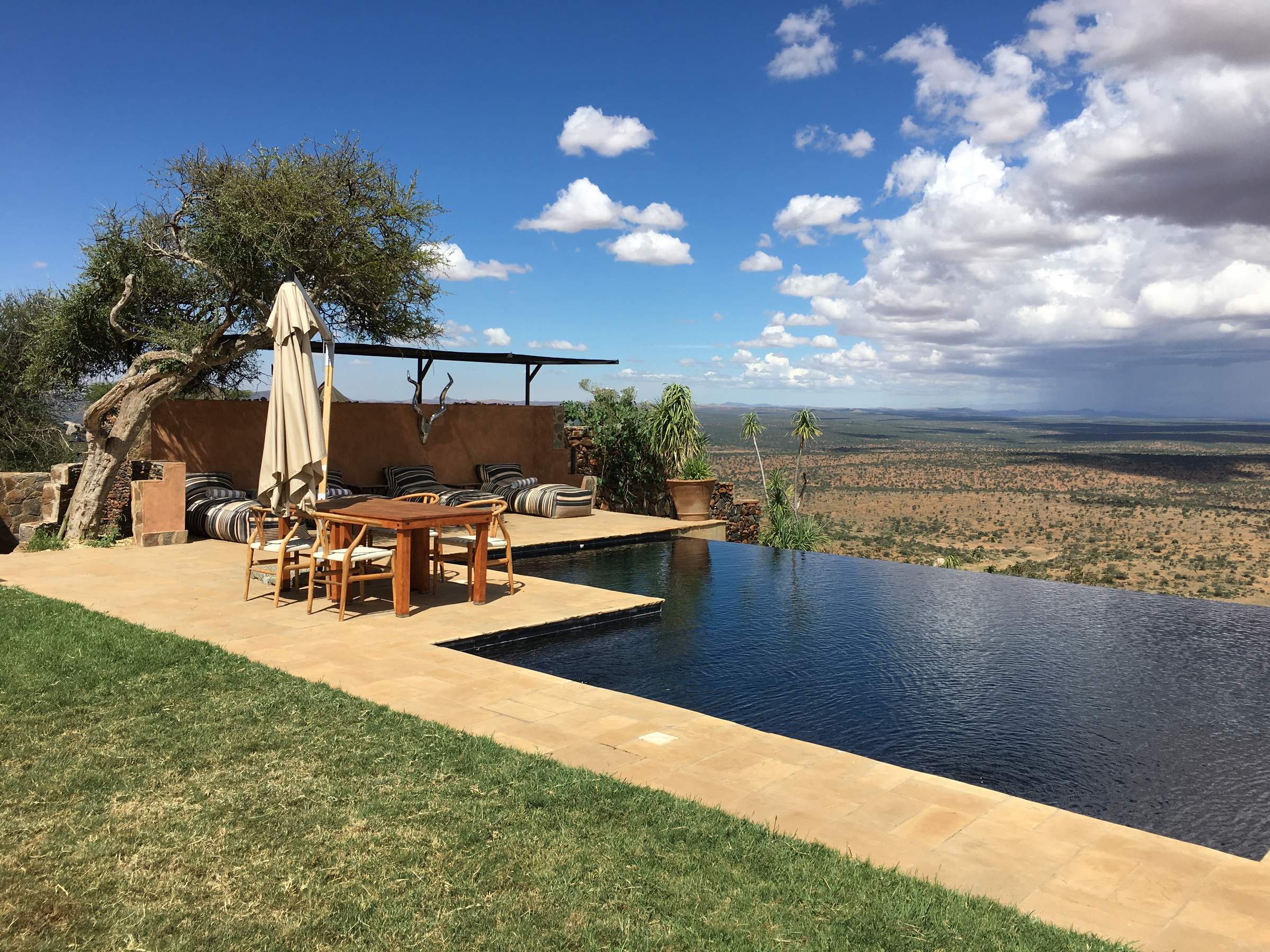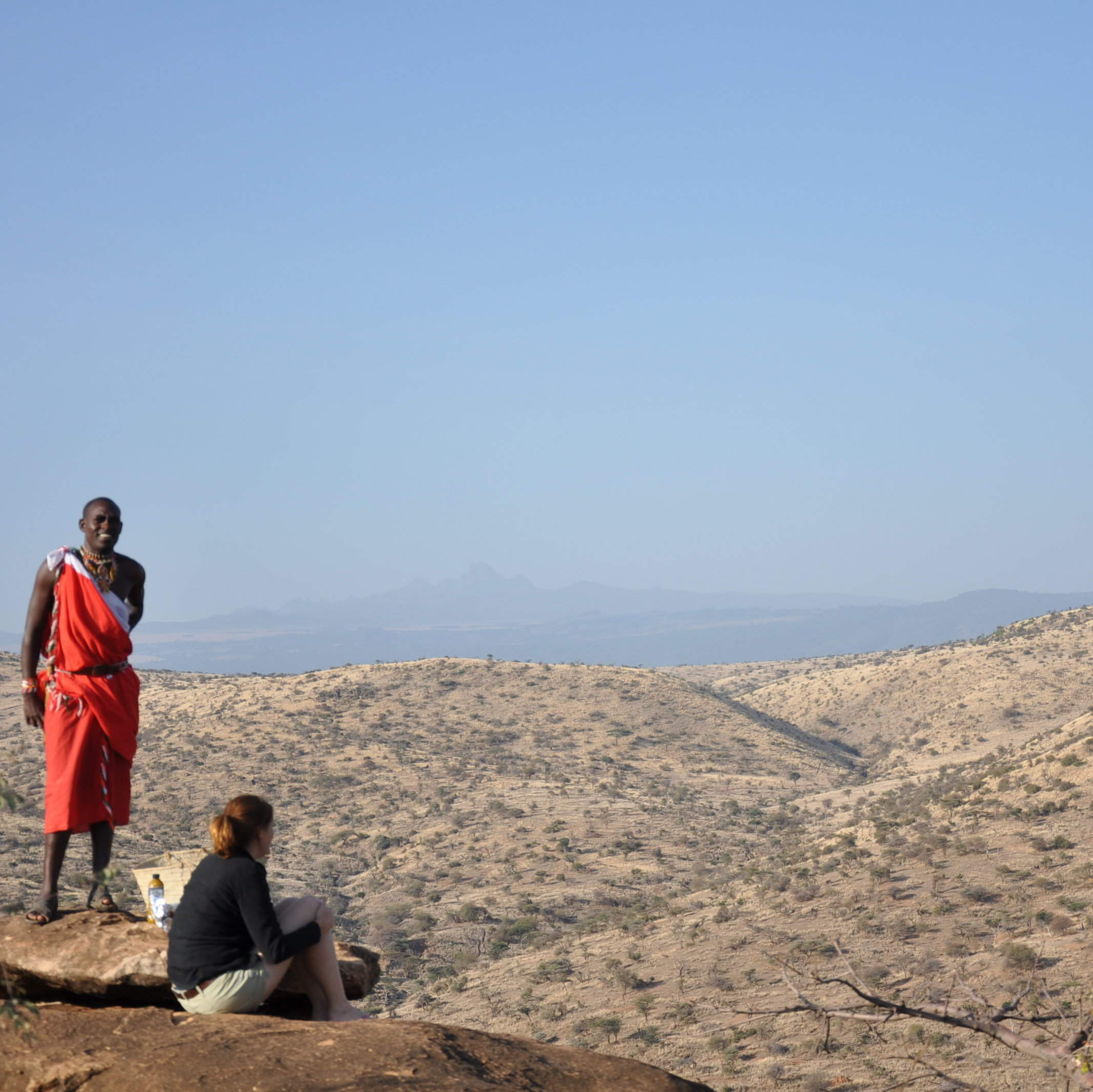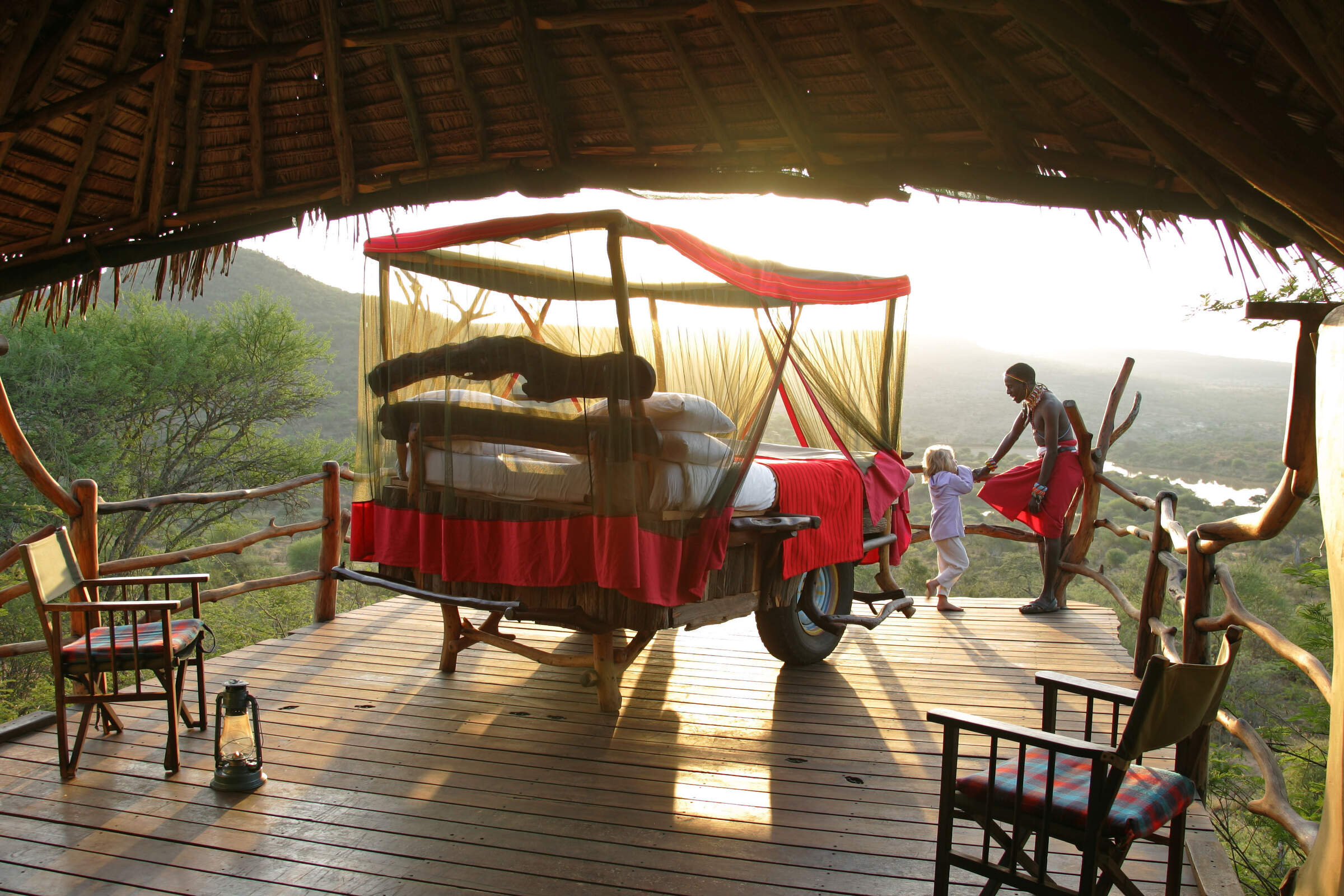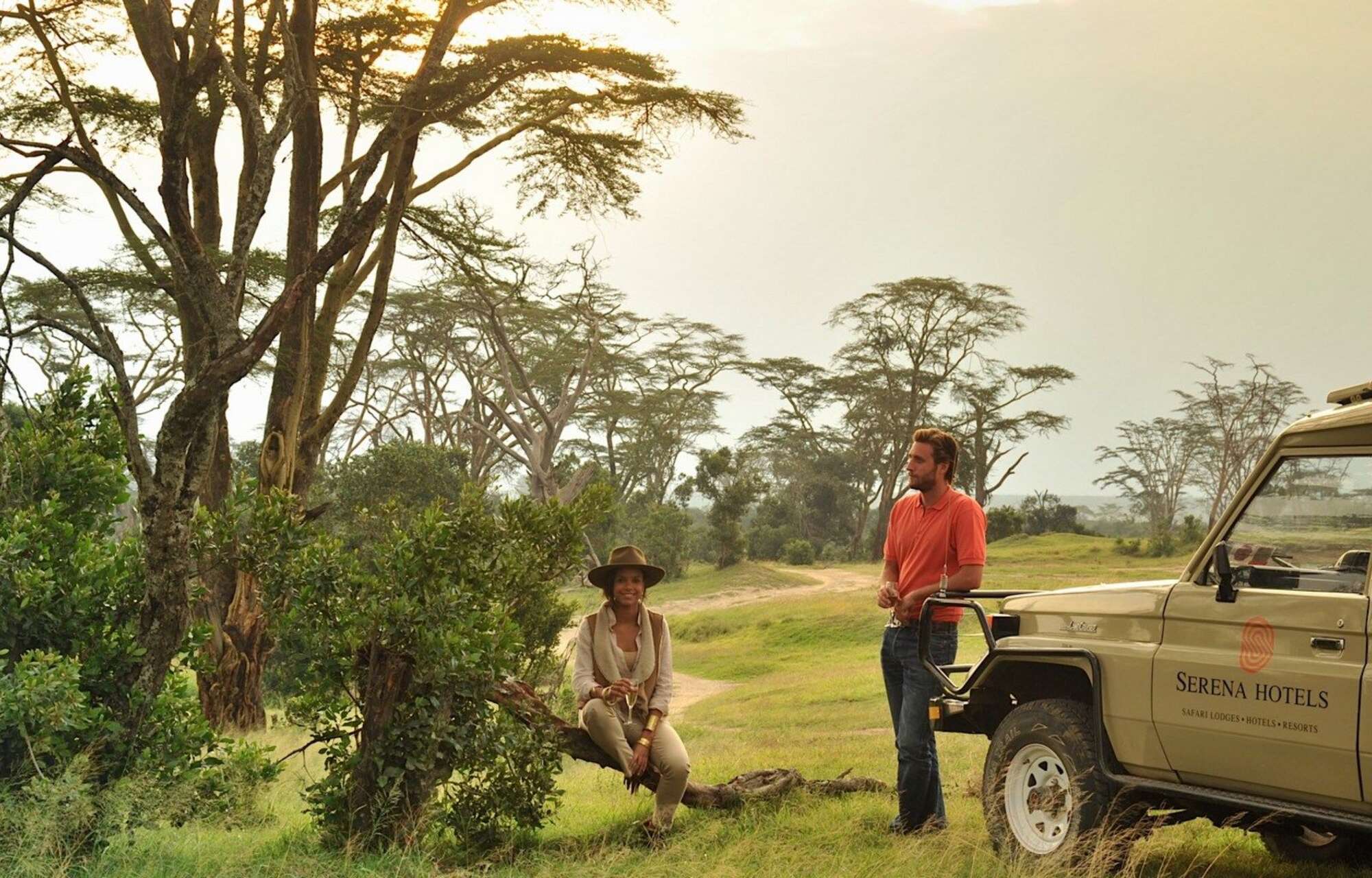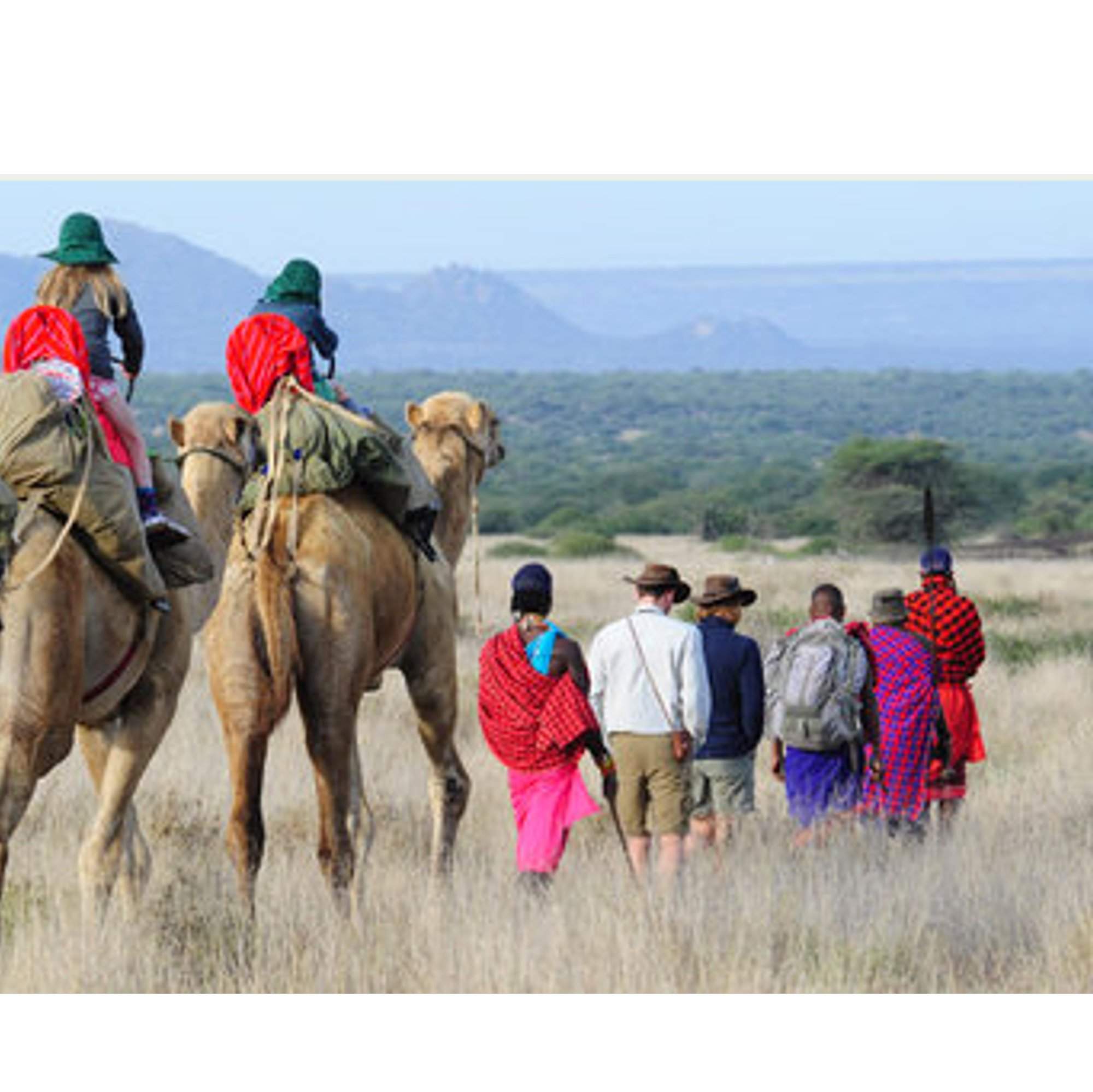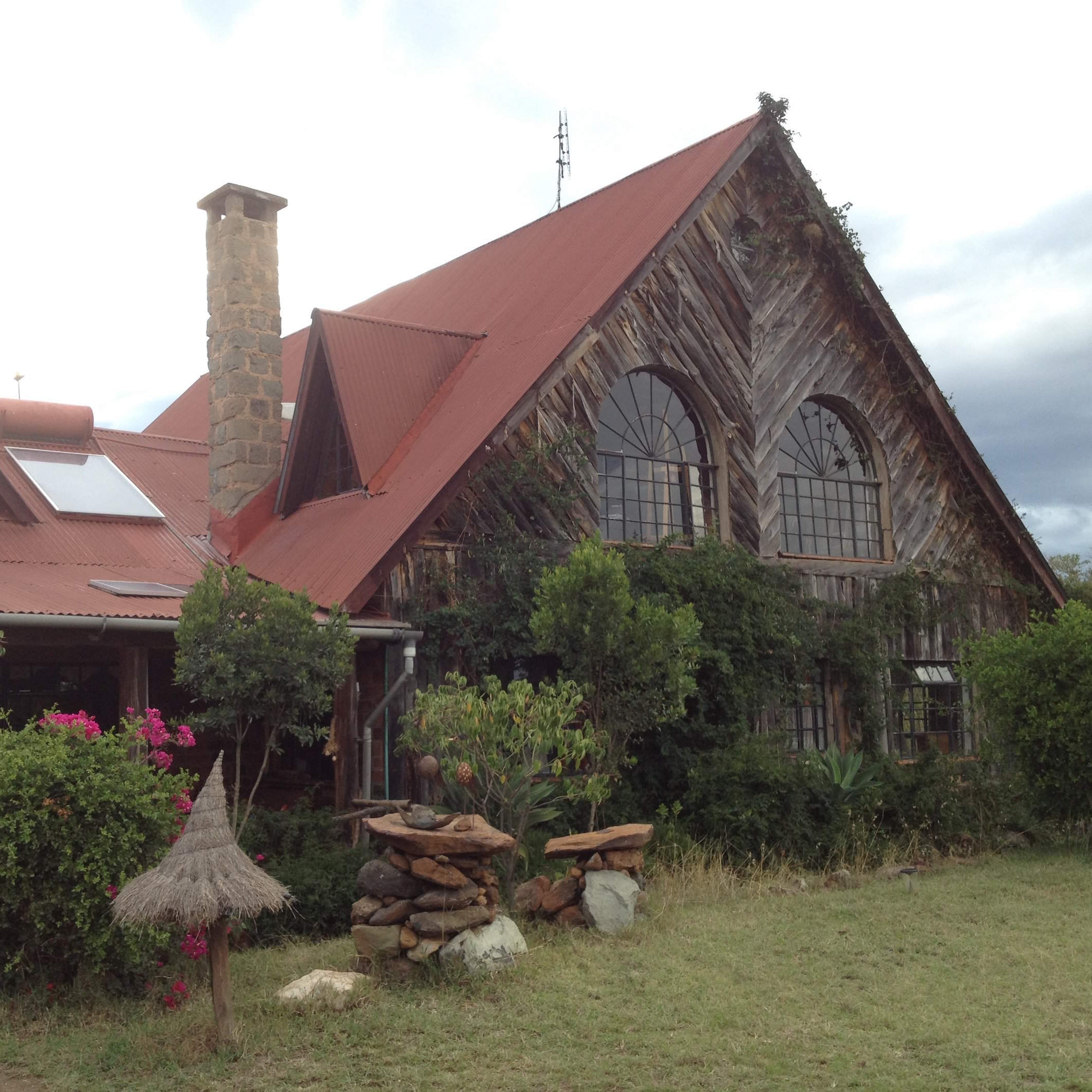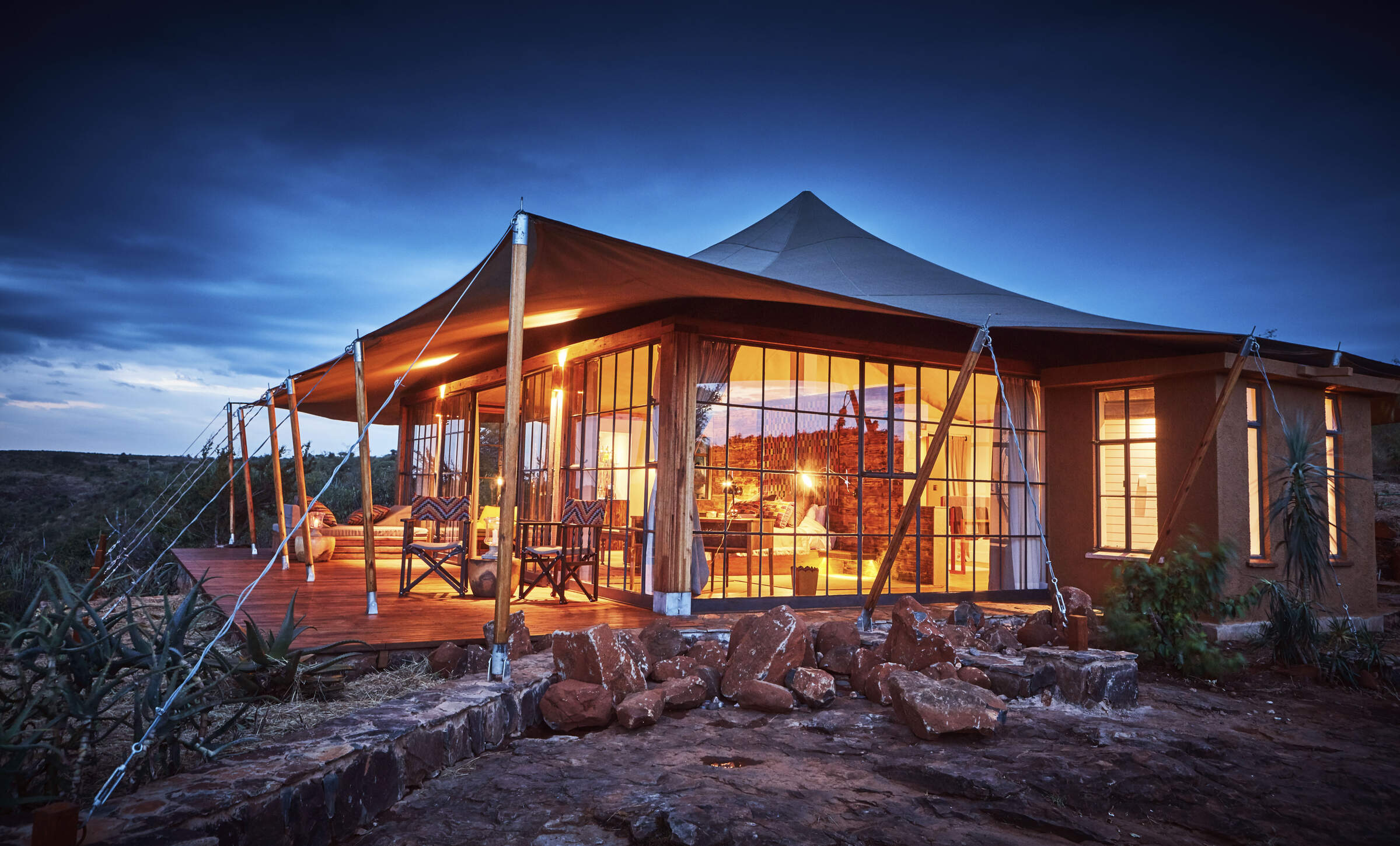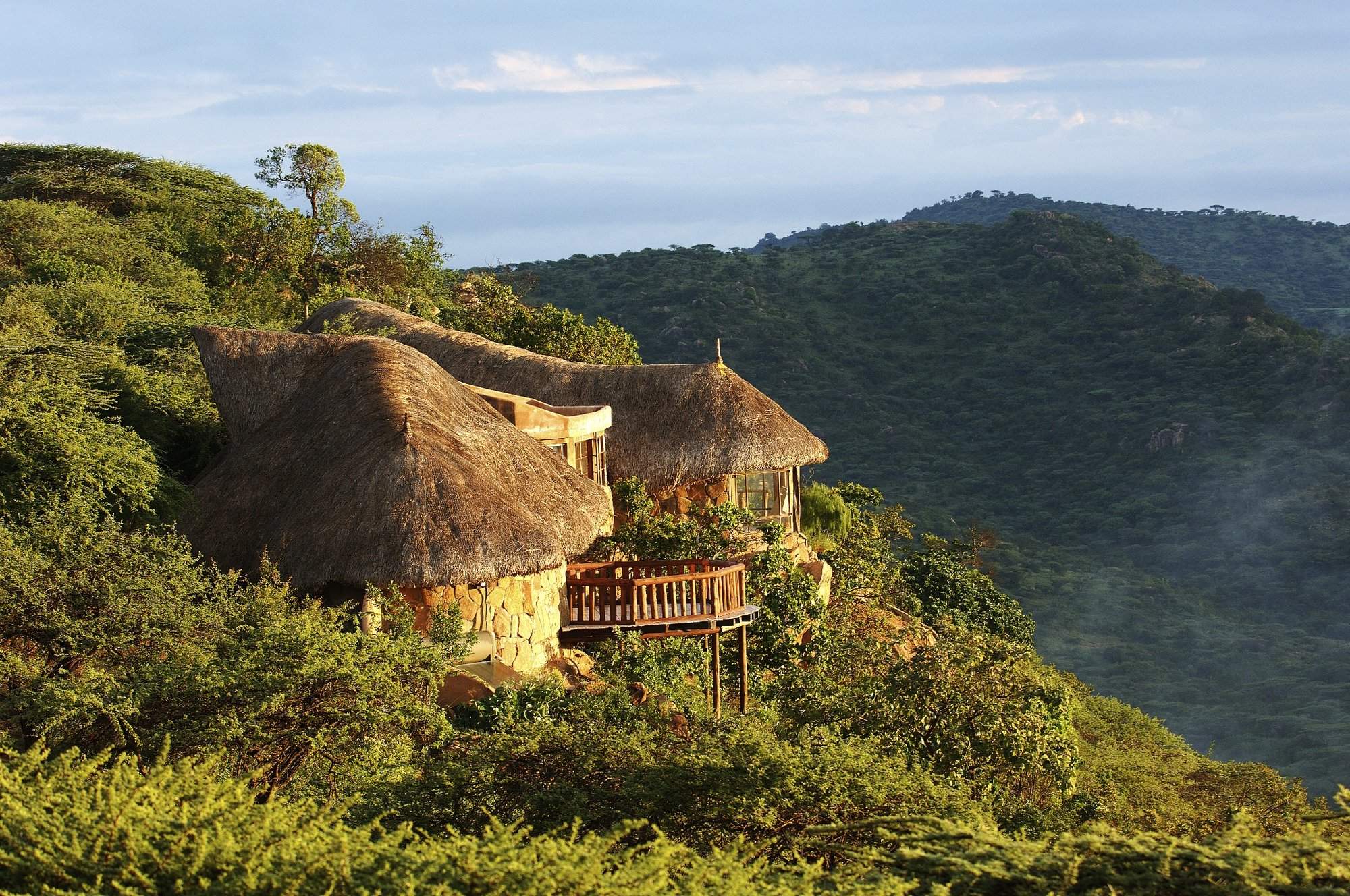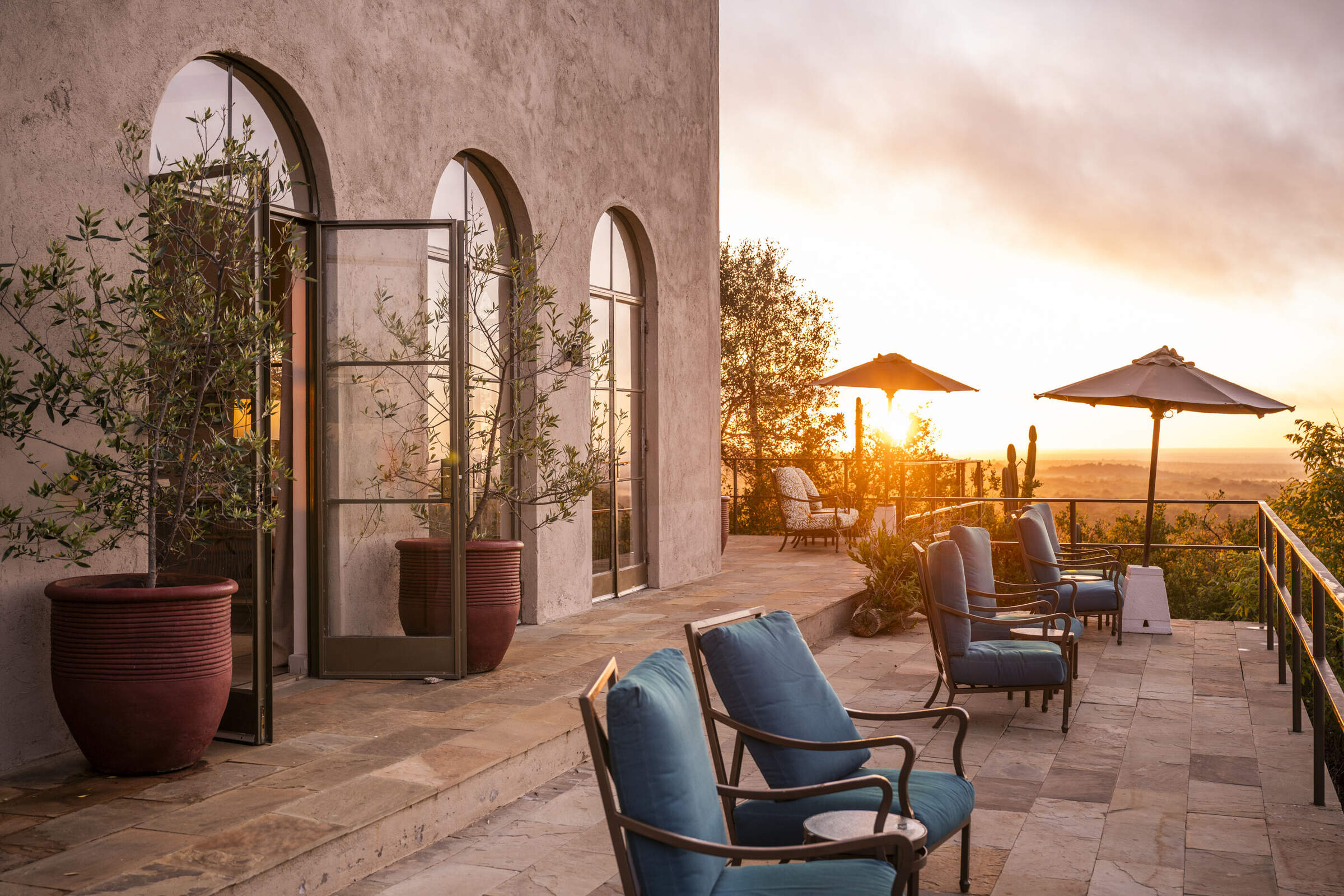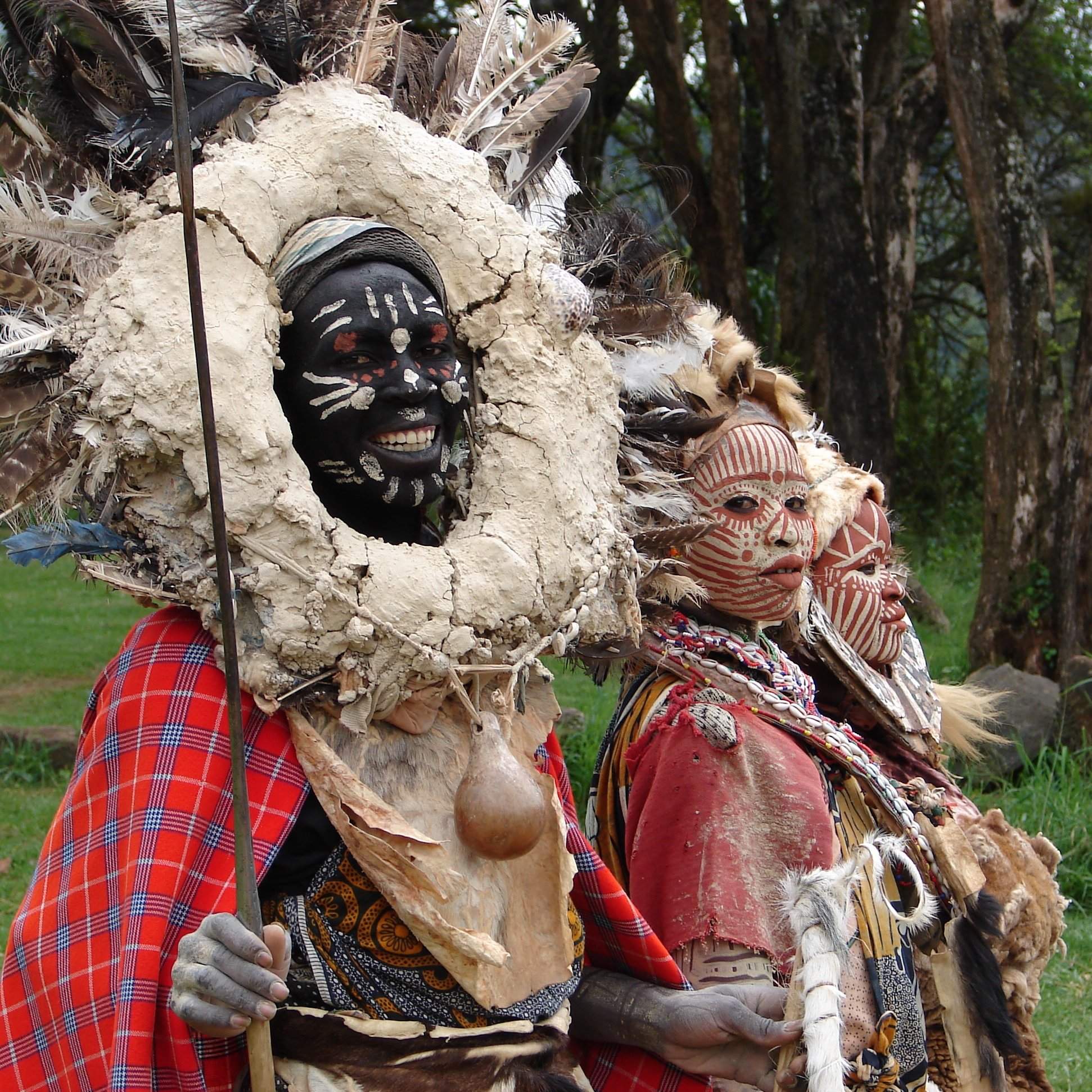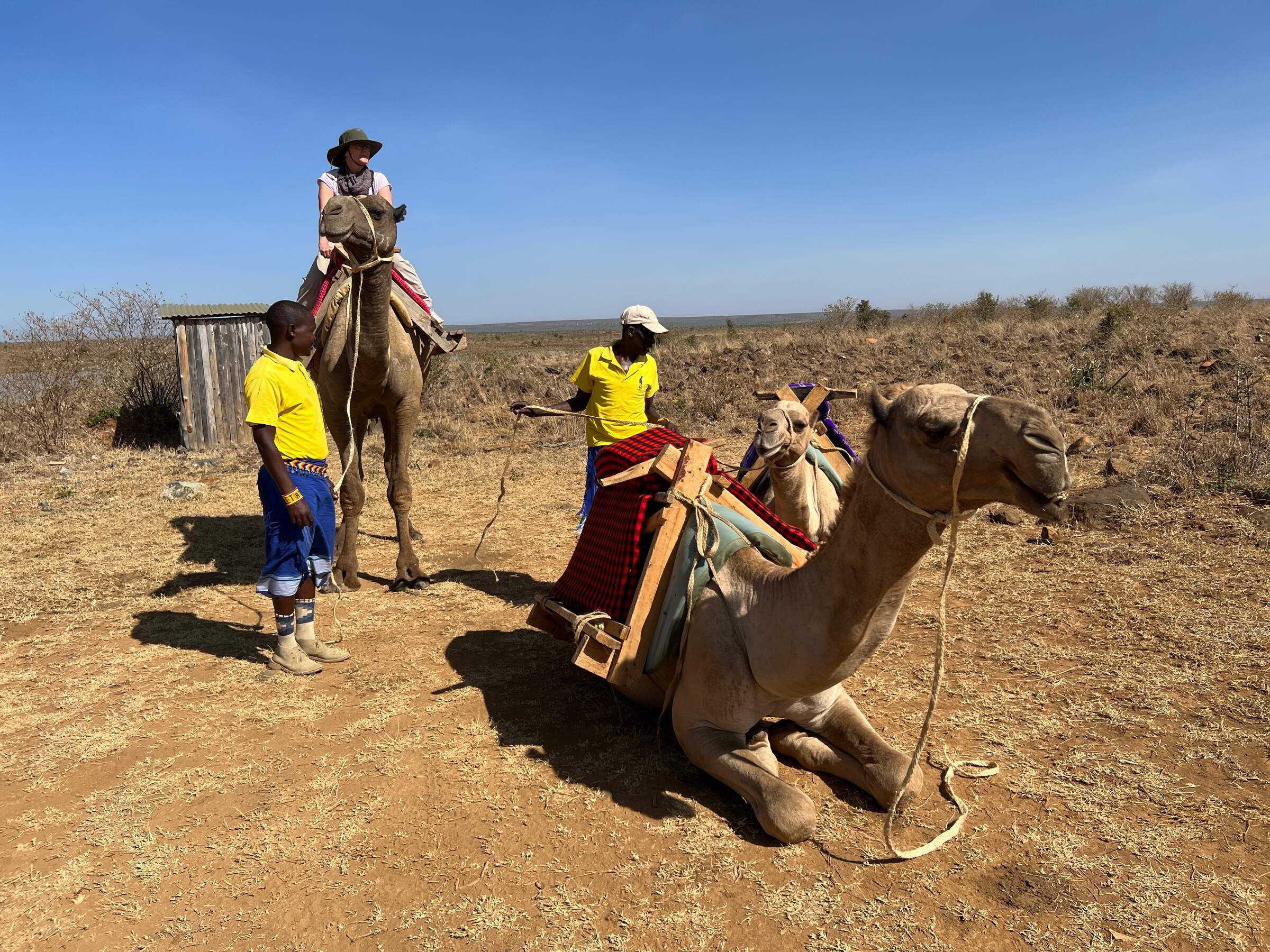About Sirikoi
Sirikoi is a small, high-quality camp in Lewa with a sustainable ethos and top-notch wildlife, guiding, service and food.
One of the most luxurious tented camps in Kenya, Sirikoi is the brainchild and passion of Sue Roberts and her late husband Willie. The Roberts – central figures in the Kenya safari tradition – have poured their decades of experience and enthusiasm into this outstanding camp in the Lewa Conservancy, and their influence shows in every aspect.
With only a handful of tents and private cottages, Sirikoi offers a very high-quality, personal experience, combining zealous attention to detail with an unpretentious set-up, excellent food and friendly staff. The Sirikoi stream gives the camp its name, and creates the marshy ground, shaded by majestic acacias, which forms the panorama you gaze on from the lawn.
White rhinos, elephants and many other species are often seen by the natural waterhole and salt lick, and all the rolling hills and grassland of the Lewa Conservancy are yours to explore as soon you leave camp. Sirikoi is renowned for its commitment to sustainable principles, and they generate all their electricity with solar panels.
They also have a fine, organic garden supplying all their fruit and vegetables. Aided by top expertise in the kitchen, excellent wines and campfire talk, the combination of ingredients makes for memorable dinners.
- Accommodation
- 9 rooms
- Children
- Best for 10+
- Open
- 16 May to 31 Oct and 1 Dec to 14 Apr
Activities

4WD Safari

Birdwatching

Guided walking safari

Horse-riding

Night drive

Private activities
Safaris visiting Sirikoi
Just ideas, we'll always tailor-make a trip for you

Looking for inspiration on where to travel next?
Visit our trip chooser to explore your options and find inspiration for your perfect African adventure
Inspire meTraveller reviews of Sirikoi
6 real, un-edited reviews from Expert Africa's travellers.



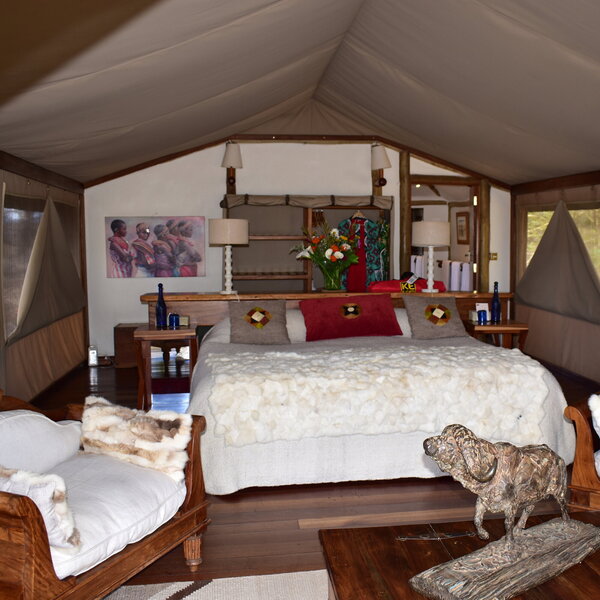

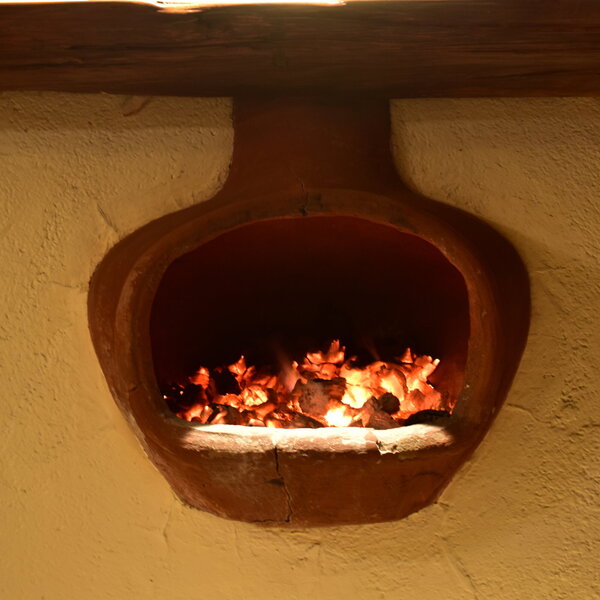


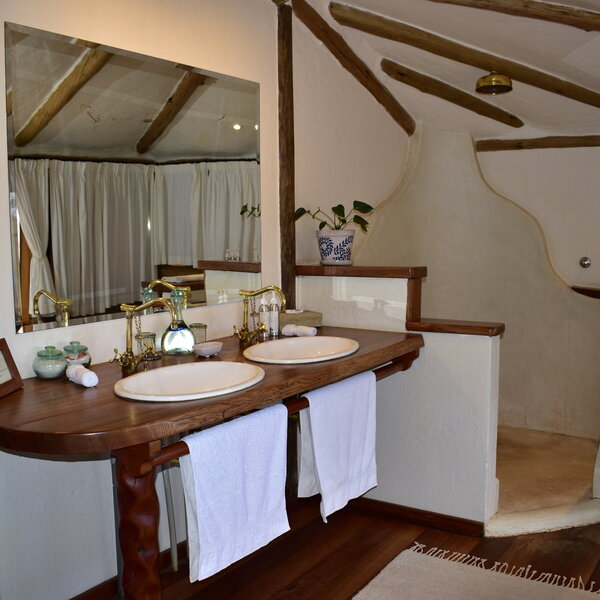








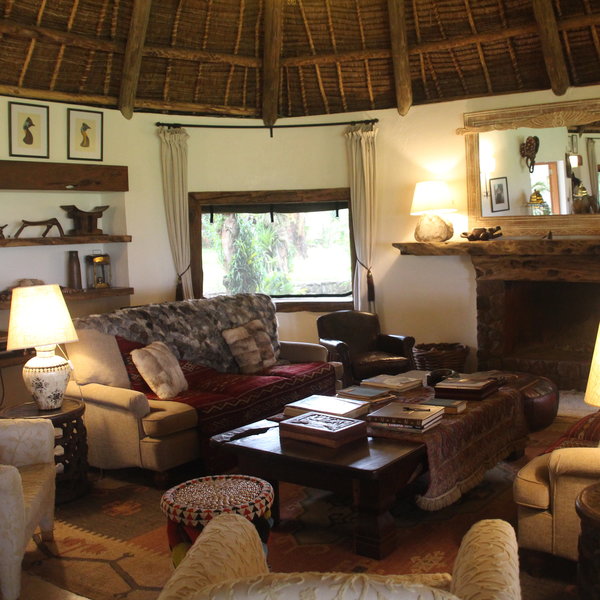








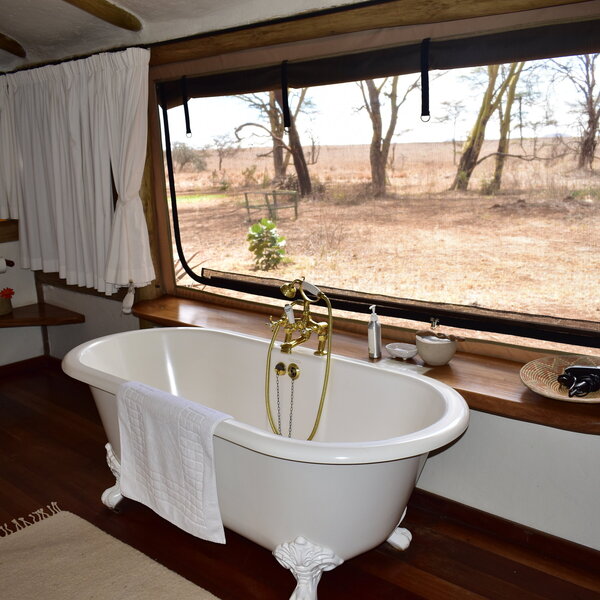


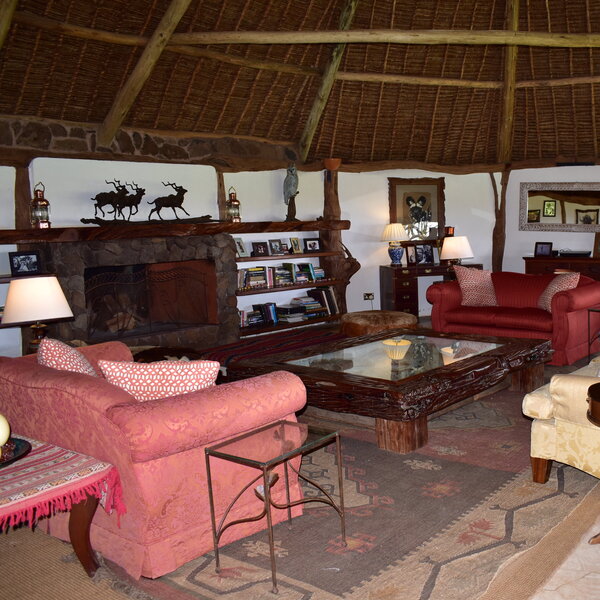
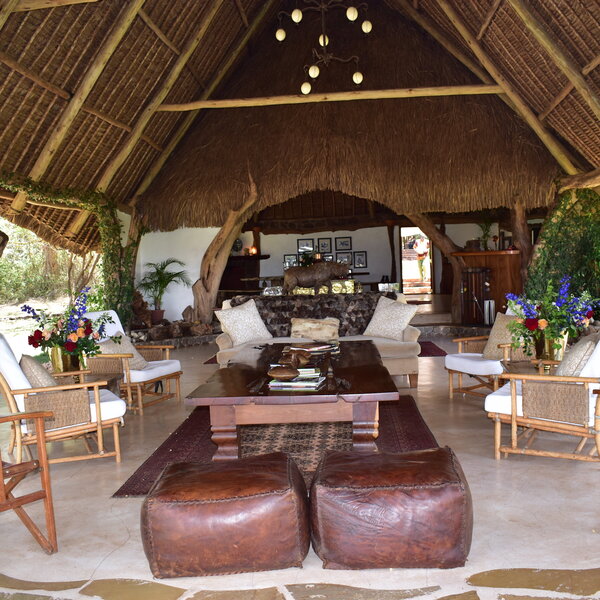
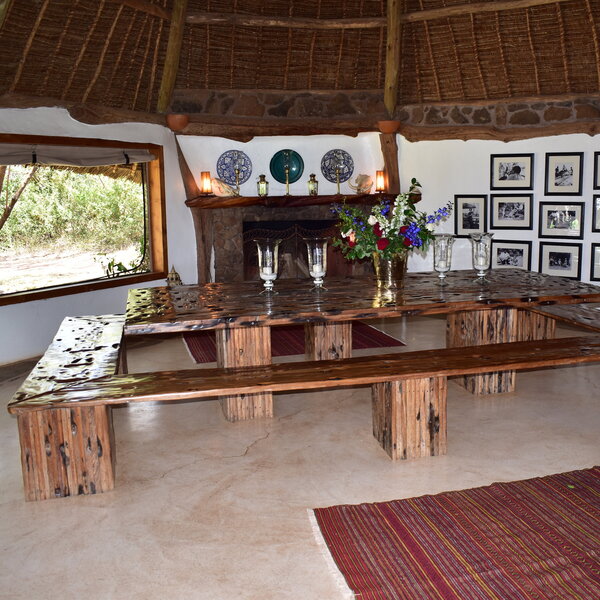

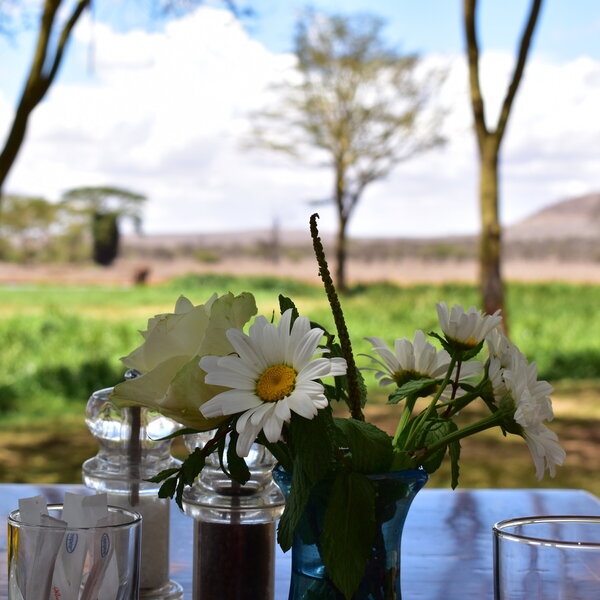




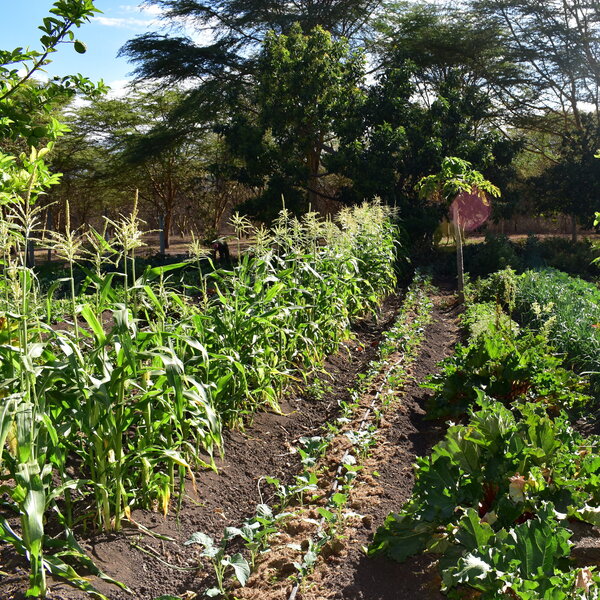
Expert Africa's gallery
When we travel we take lots of photos ourselves to give you a real and un-edited view of the safaris. See our 39 pictures of Sirikoi to get the candid view.
View galleryOur travellers’ wildlife sightings from Sirikoi
Click an animal to see our traveller's success in sighting them.
How we work this out.

100% success

100% success

100% success

100% success

100% success

100% success

100% success

100% success

75% success

67% success

25% success

25% success

0% success

0% success

0% success

0% success
Sirikoi's location
Look closer at the environment and surroundings of Sirikoi.
When to go to Laikipia
Our month by month guide: What it's like to visit Sirikoi in Laikipia
Jan
Feb
Mar
Apr
May
Jun
Jul
Aug
Sep
Oct
Nov
Dec
Laikipia in January
Clear, warm days and mild nights make this a popular time for safaris in Laikipia. It's excellent for game viewing in all the conservancies, where water sources attract diverse wildlife. The dry conditions make it easier to spot black rhinos, lions and leopards. Star bed sleep-out options at a number of lodges are particularly magical under the clear night skies.
After the New Year period, many camps and lodges treat January as mid-season, offering good value. The landscape retains some greenery, enhancing photography.
- Clear days ideal for safaris
- Excellent visibility for wildlife viewing
- Dry riverbeds attract wildlife to water sources
- Calving season for wildebeest and antelopes
- Palearctic migrant birds abundant
Our view
Fantastic: the very best time to visit
Weather in January
Laikipia in February
With the short dry season well established in Laikipia, wildlife gathers close to water points, making it an excellent time for safaris. Ol Pejeta and Lewa Wildlife Conservancies offer prime viewing opportunities for endangered species like black rhinos and Grevy's zebras. Solio Rhino Conservancy provides exceptional black rhino sightings during this period. The grass is grazed down, improving visibility across the region.
February is ideal for walking safaris, where you can appreciate the smaller details of the ecosystem. The clear skies make stargazing from star beds an unforgettable experience. Cultural visits to local communities are particularly rewarding, as the pleasant weather encourages outdoor activities and interactions.
- Prime time for wildlife gathering near water
- Ideal conditions for walking safaris
- Palearctic migrant birds still present
- Low rainfall makes game drives rewarding
Our view
A very good time to visit
Weather in February
Laikipia in March
As March progresses in Laikipia, the weather becomes increasingly hot and humid with more rain likely later in the month. Through most of the month, conditions are still good for game drives in most districts. As the month advances, the buildup to the rainy season becomes apparent.
This period can offer unique photographic opportunities as animals congregate around diminishing water sources. Accommodation costs decrease as the low season approaches.
- Early month offers great wildlife viewing
- Hot weather transitions to occasional rains
- Lower visitor numbers
- Lush vegetation begins to appear
Our view
A good time to visit, with pros & cons
Weather in March
Laikipia in April
April usually sees established, serious rainfall in much of Laikipia, transforming the landscape. The southeast monsoon wind brings cooler temperatures and frequent downpours. While game viewing can be challenging due to lush vegetation, the green season offers unique experiences, with new-born animals visible among the verdant scenery.
The landscape bursts into life with vibrant colours, ideal for photography. Birdwatching is excellent with many species breeding. This is a quieter time for tourism, with lower accommodation rates at many places allowing for a more exclusive safari experience for great levels of service.
- Long rains begin, transforming landscapes
- Green season offers unique photo opportunities
- Lower rates at Laikipia's luxury lodges
- Buffalo and zebra calving season commences
- Birdwatching excellent
Our view
A good time to visit, with pros & cons
Weather in April
Laikipia in May
May in Laikipia is characterised by ongoing rains and lush vegetation. While game viewing can be trickier, the vibrant landscapes offer spectacular photographic opportunities with very little dust. The landscapes are a sea of green, with diverse and thriving flora.
This is an excellent time for birdwatching across the region as breeding season continues. The Ewaso Nyiro river swells impressively. Despite potential challenges, patient visitors may witness dramatic scenes of predators hunting in the thick vegetation.
- Lush vegetation makes wildlife spotting trickier
- Great for landscape and nature photography
- Rutting season for wildebeest and impalas
- Frog breeding season in Laikipia's wetlands
- Mount Kenya views improve with clearer air
Our view
A good time to visit, with pros & cons
Weather in May
Laikipia in June
As June progresses in Laikipia, the rains give way to slightly cooler, cloudy weather. This transition marks the beginning of a long, generally dry, high season for visitors. Game viewing improves as vegetation starts to thin, and conditions are comfortable.
The Ewaso Nyiro river, still full from the rains, attracts diverse wildlife. Accommodation rates begin to rise, reflecting the start of peak season.
- Rains subside, ushering in cooler weather
- High season begins with increased visitors
- Comfortable conditions game viewing
Our view
A good time to visit, with pros & cons
Weather in June
Laikipia in July
July in Laikipia brings cooler temperatures and ideal conditions for safaris. Animals concentrate around water sources on the conservancies, providing excellent game viewing opportunities.
July marks the peak of the high season, with higher accommodation rates and visitor numbers. The dry conditions make it easier to spot elusive species like leopards and black rhinos.
- Cool weather perfect for walking and riding
- Wildlife concentrates around water sources
- Excellent conditions for photography tours
Our view
A good time to visit, with pros & cons
Weather in July
Laikipia in August
August in Laikipia offers mild, dry weather, perfect for safaris. The conservancies teem with wildlife, including endangered species like black rhinos and Grevy's zebras. The landscapes offer stunning vistas and excellent conditions for game drives and walking safaris. The dry conditions make it easier to spot big cats across the region. This is peak season, so expect higher visitor numbers and accommodation rates.
You might consider combining your Laikipia safari with a stay at the nearby Samburu National Reserve, known for its “northern five” species – Grevy’s zebra, reticulated giraffe, beisa oryx, gerenuk and Somali ostrich.
- Peak season for wildlife viewing in Laikipia
- Mild weather ideal for outdoor activities
- Busy period requires advance bookings
Our view
A good time to visit, with pros & cons
Weather in August
Laikipia in September
As September progresses in Laikipia, the weather typically remains dry with clearing skies, signalling excellent safari conditions. Early September can be busy, but visitor numbers decrease later in the month. In the conservancies, game viewing is exceptional as animals congregate around limited water sources.
September generally offers excellent conditions for photography.
- Hot, dry weather with good visibility
- Quieter period for more exclusive safaris
- Natural bush fires flush out insects and small animals for predators
Our view
Fantastic: the very best time to visit
Weather in September
Laikipia in October
October in Laikipia brings generally hot and mostly dry conditions, ideal for safaris. It's a favourite month for many visitors due to the good weather and fewer visitors. The conservancies offer excellent game viewing, with animals concentrated around water sources. The Solio Rhino Conservancy provides exceptional rhino sightings in the dry conditions.
Birdwatching is rewarding as Palearctic migrants begin to arrive. Cultural visits to Maasai communities remain a highlight. Consider combining your Laikipia safari with a trip to the nearby Samburu National Reserve for a diverse wildlife experience.
- Warm or hot and mostly dry conditions for safaris
- Migratory birds start arriving
- Perfect for photography
Our view
A very good time to visit
Weather in October
Laikipia in November
November in Laikipia marks the beginning of the short rains, usually in the latter half of the month. This transition brings about dramatic changes in the landscape. Early November can still offer good game viewing before the rains intensify. Then the bush begins to green, creating beautiful scenery.
As the low season begins, accommodation rates decrease, and visitor numbers drop too, allowing for a more exclusive safari experience. Birdwatching becomes excellent with the arrival of many migratory species. November is ideal for photographers capturing the changing landscapes and dramatic skies, with low dust and clear air. Cultural visits to Maasai communities offer insights into how local life adapts to the changing seasons.
- Short rains begin, transforming landscapes
- Low season offers better rates and privacy
- Excellent time for birdwatching in Laikipia
- Lush scenery provides stunning backdrops
Our view
A good time to visit, with pros & cons
Weather in November
Laikipia in December
In a typical December, Laikipia sees the short rains finish by mid-month, leaving the landscape at its most beautiful. Clear blue skies return, heralding the start of the second peak visitor season from around 20 December onwards. The conservancies offer excellent game viewing with lush backdrops.
Christmas can occasionally be wet, but most years see perfect safari conditions by the festive season. This is an ideal time to combine wildlife viewing with cultural experiences, such as visiting Maasai communities.
- Rains typically end, leaving landscapes lush
- Peak tourist season begins mid-month
- Christmas safaris popular in conservancies
- Night sky clarity ideal for stargazing
Our view
A good time to visit, with pros & cons
Weather in December
Other areas in Kenya
Kenya fact file
Useful information and advice to help you prepare for a trip including Sirikoi
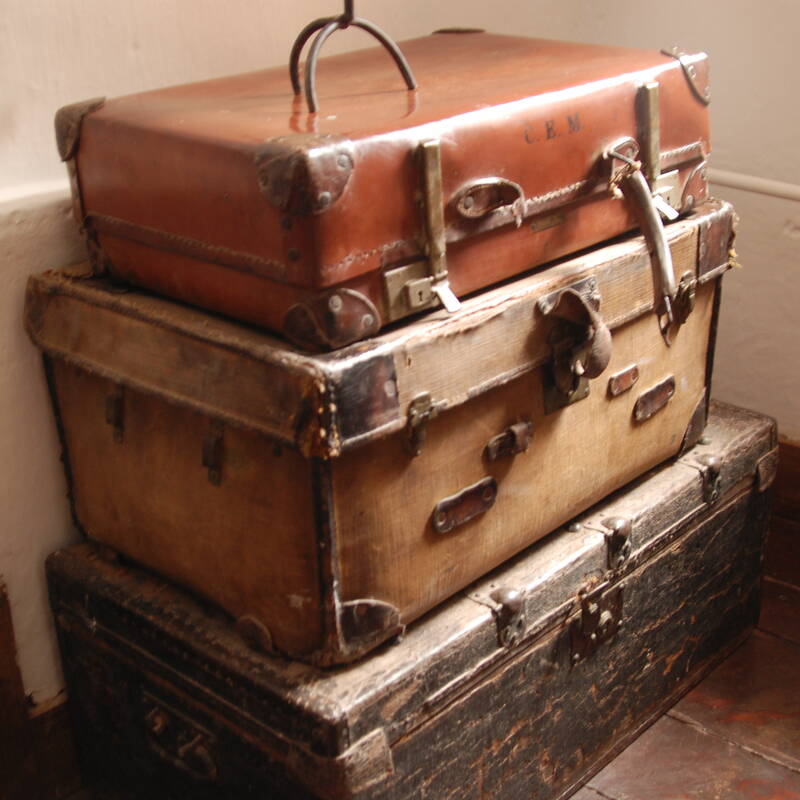
Kenya safari packing list
Advice and tips on what to take on safari

LGBT travel in Kenya
Attitude, the law & our experiences

Safety in Kenya
Keeping safe, our experiences & our advice

Tipping in Kenya
Expectations & guidelines for tipping
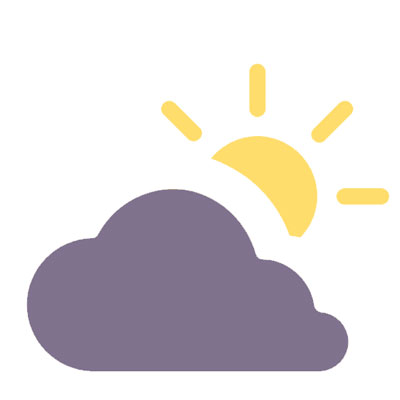
Weather & climate
The best time to visit Kenya
Excursions from Sirikoi
Optional extra day-trips and excursions possible whilst you're staying at Sirikoi. Talk to us: these are usually best arranged before you go.
Other lodges in Laikipia
Alternative places to stay in this same area.



